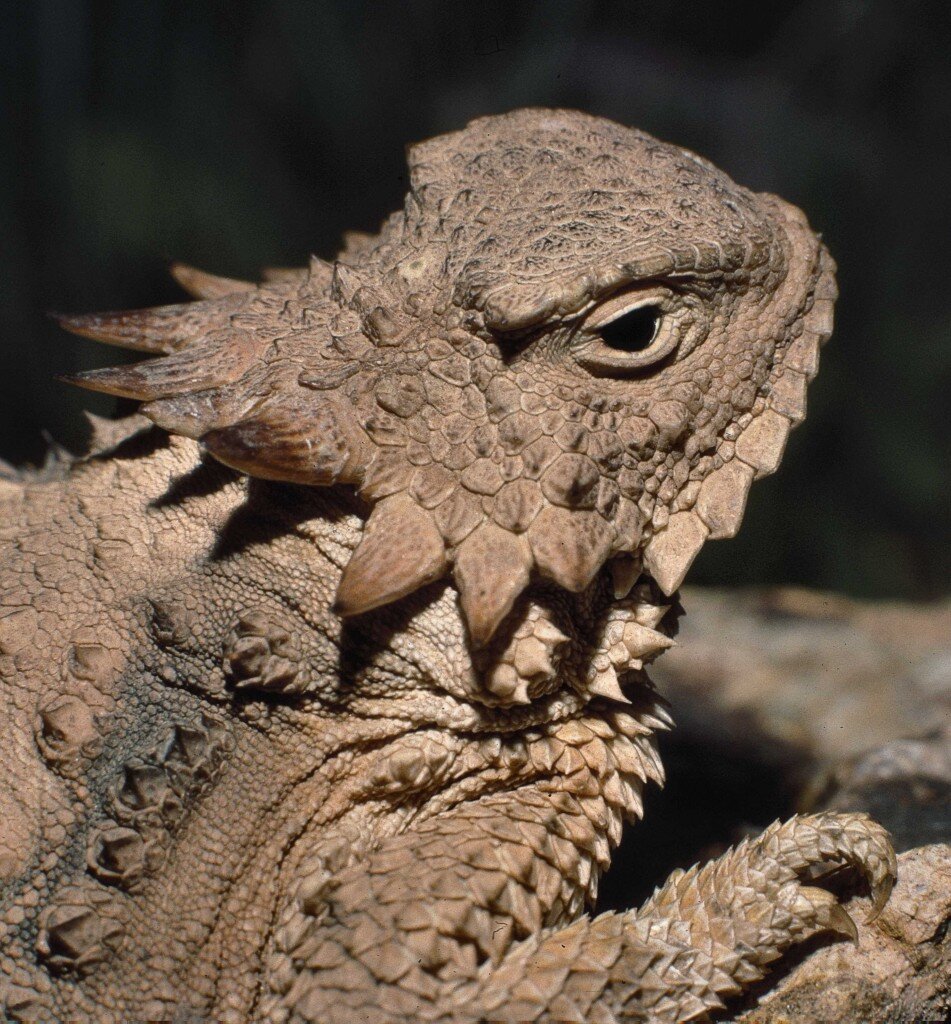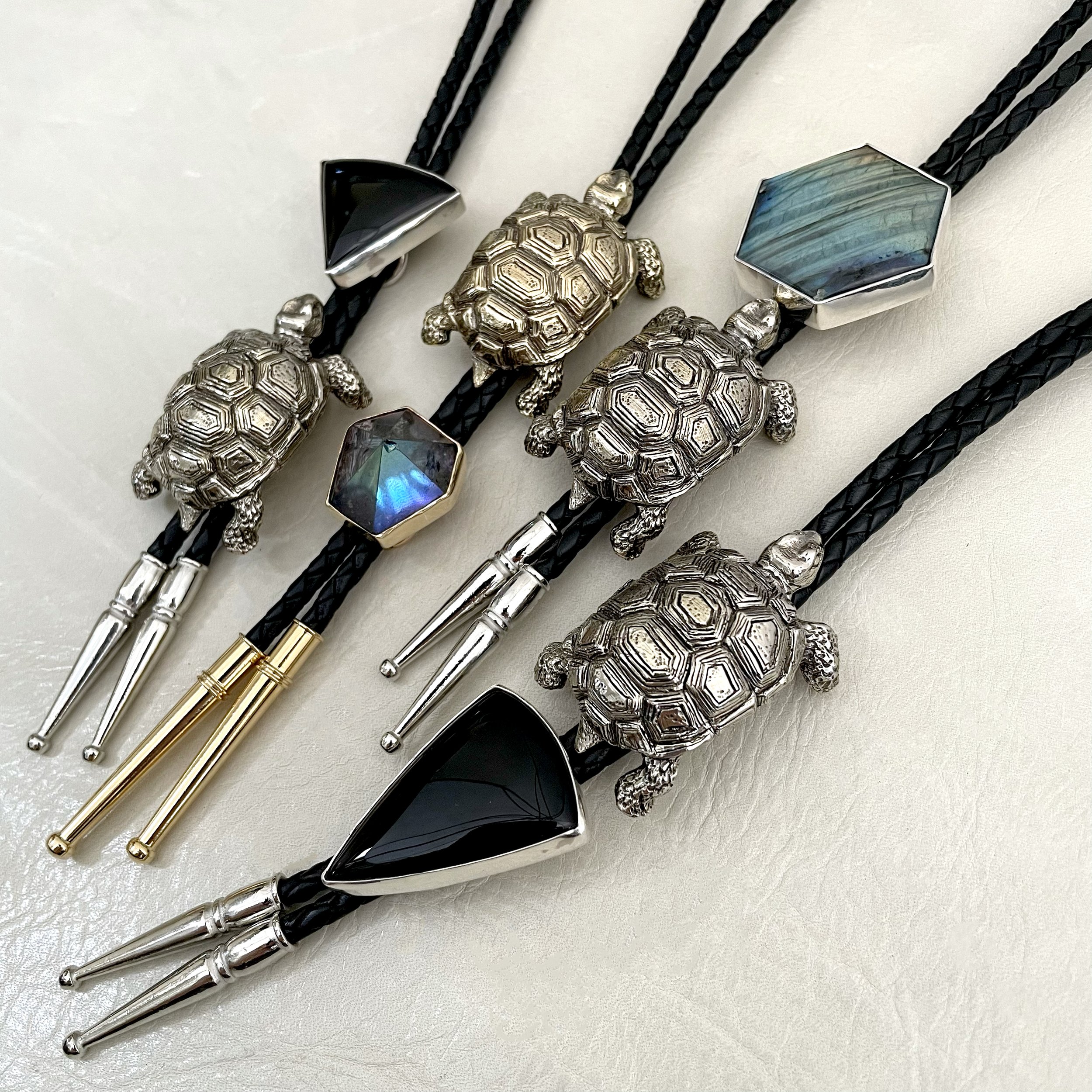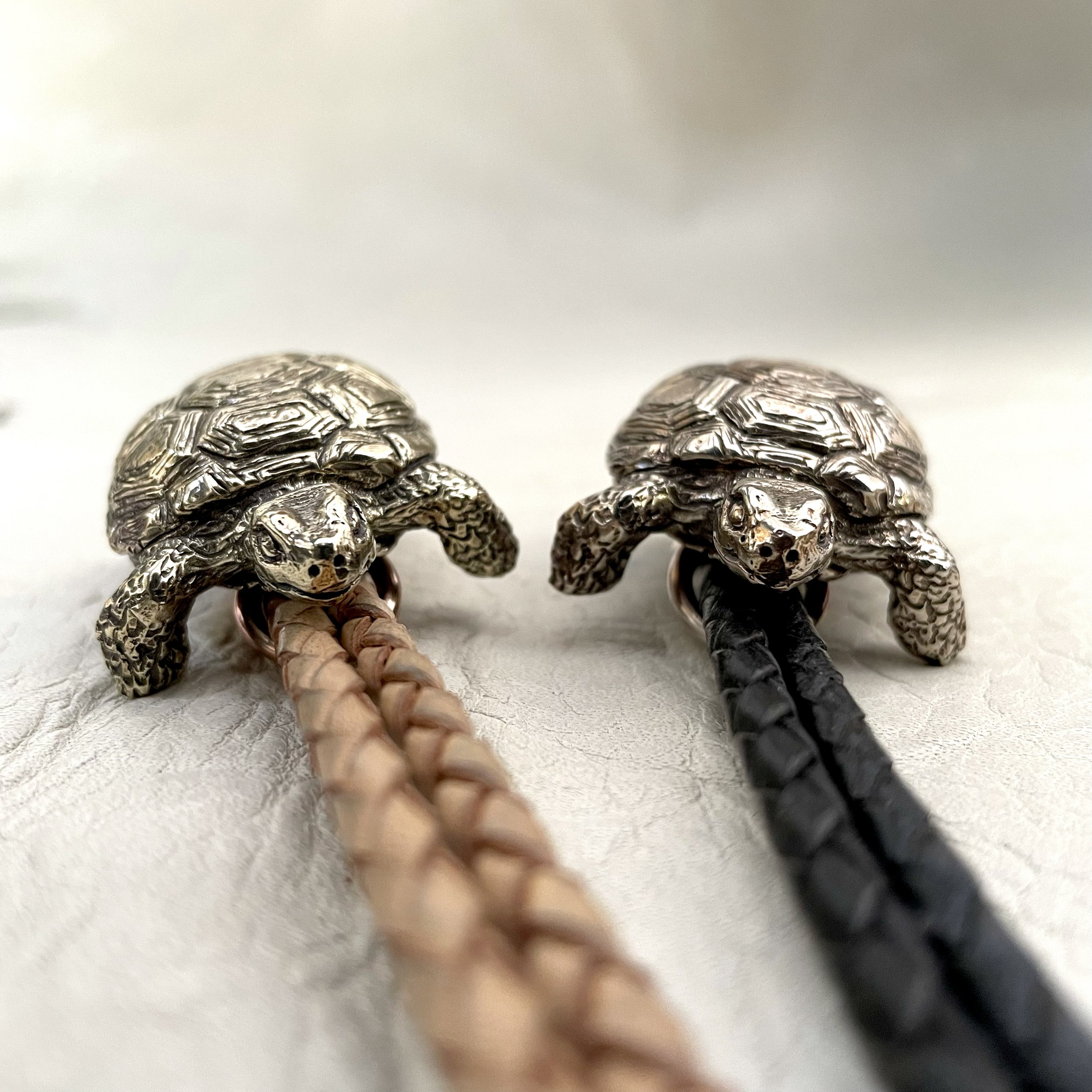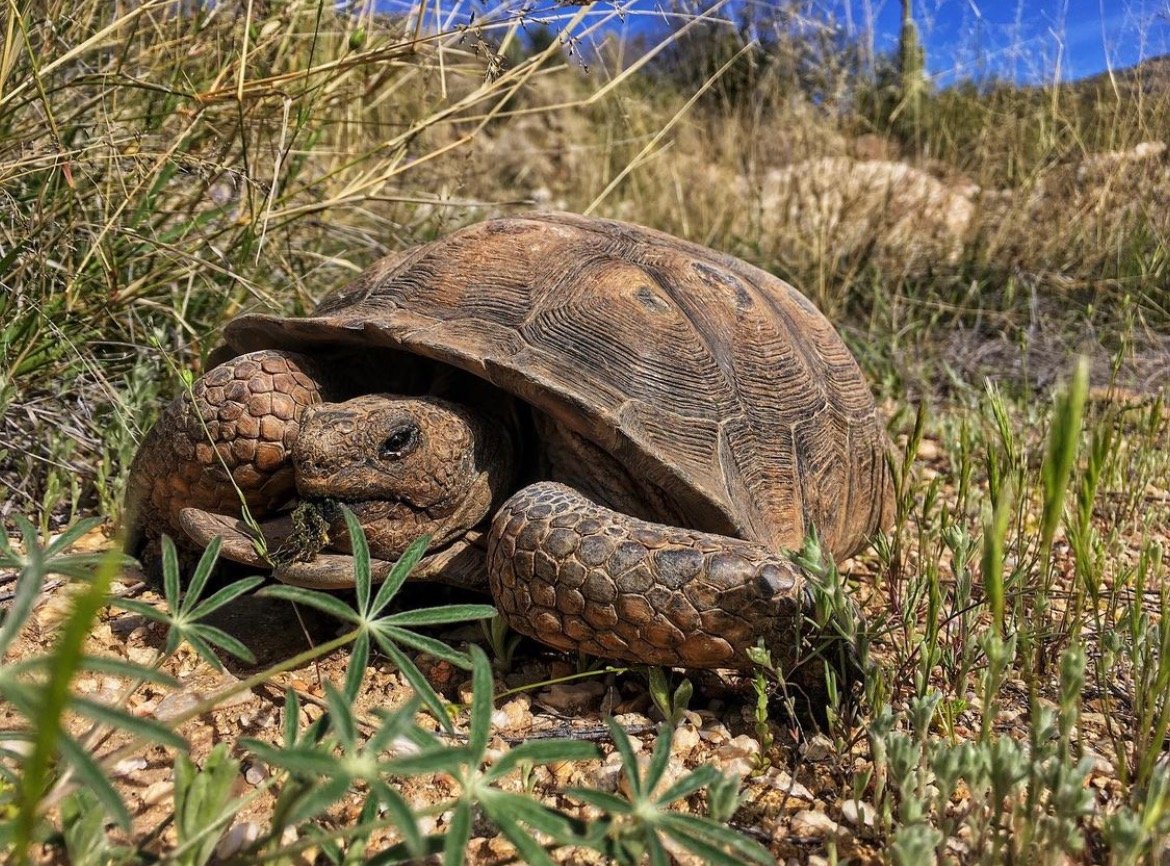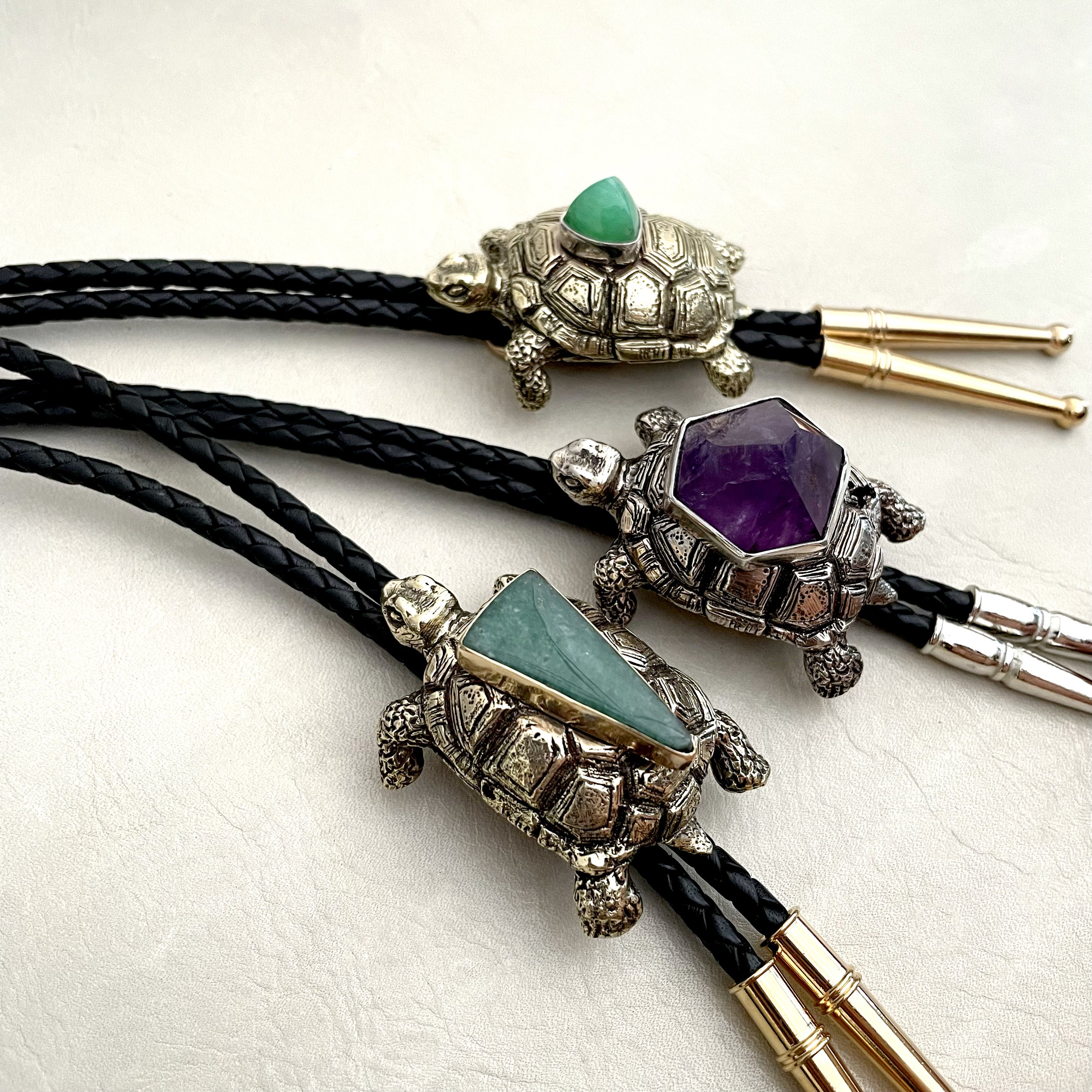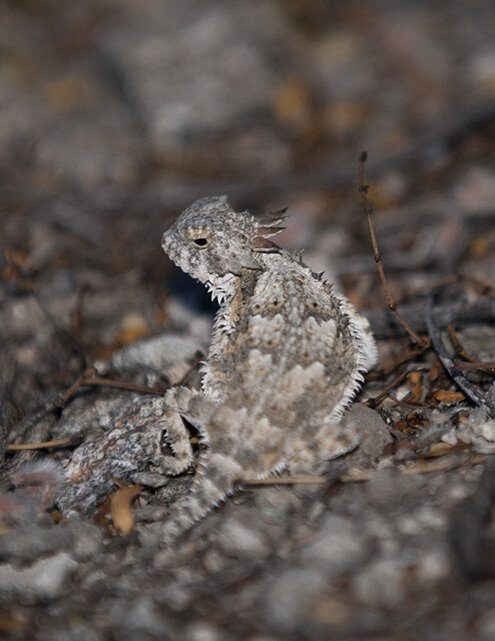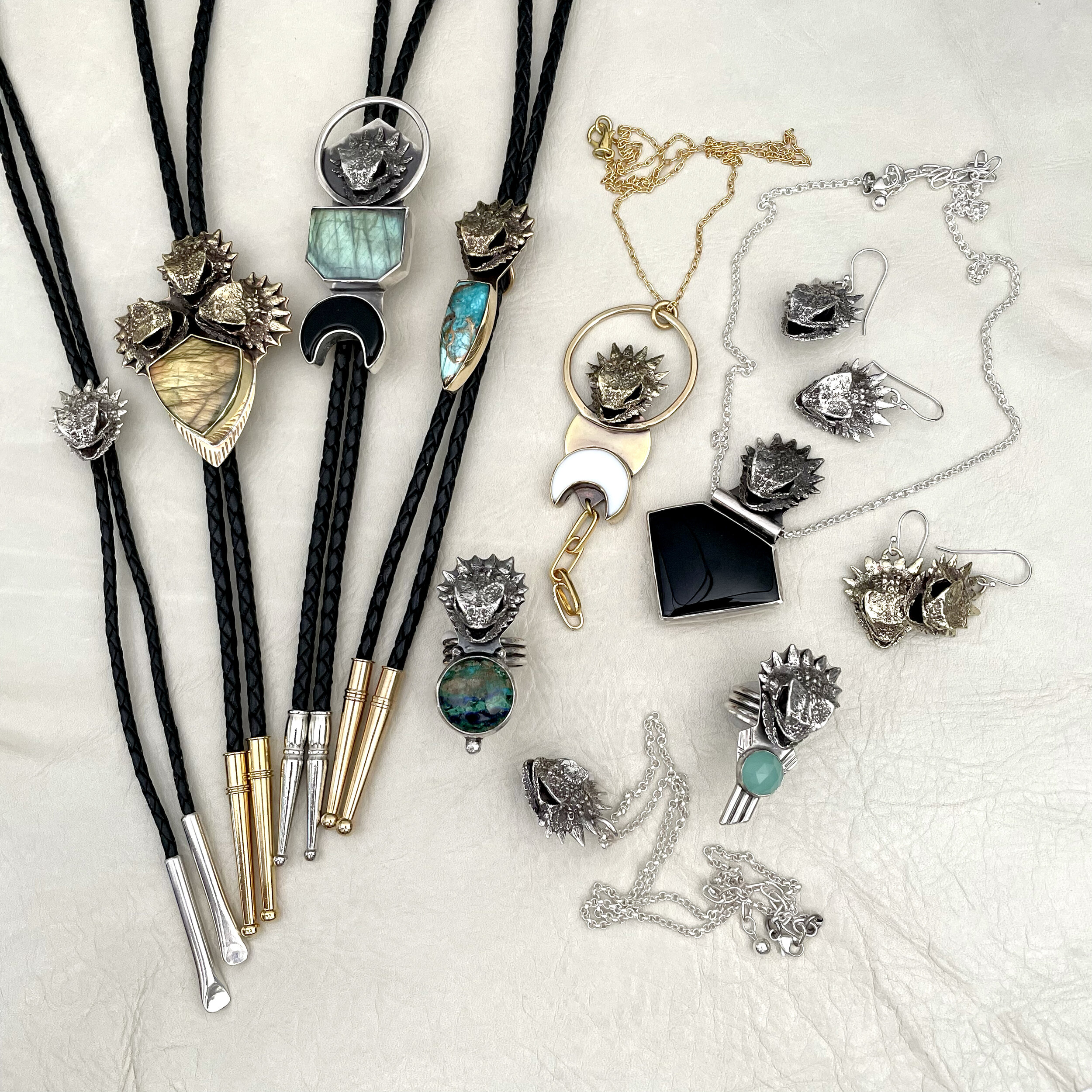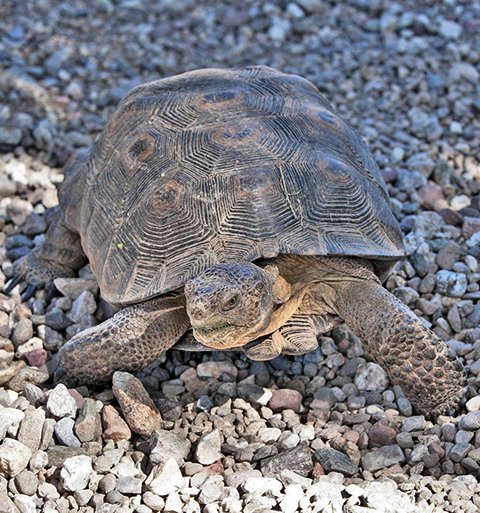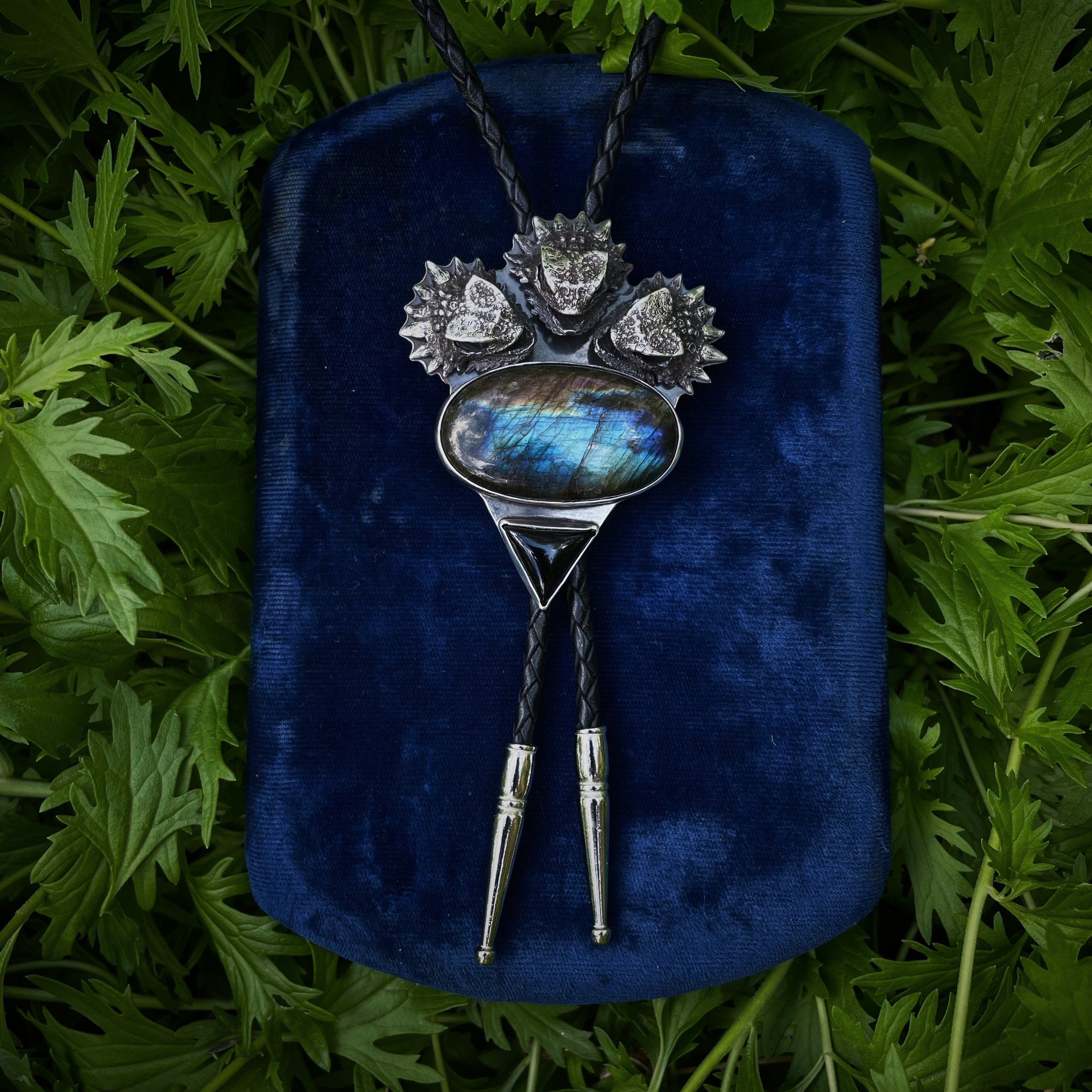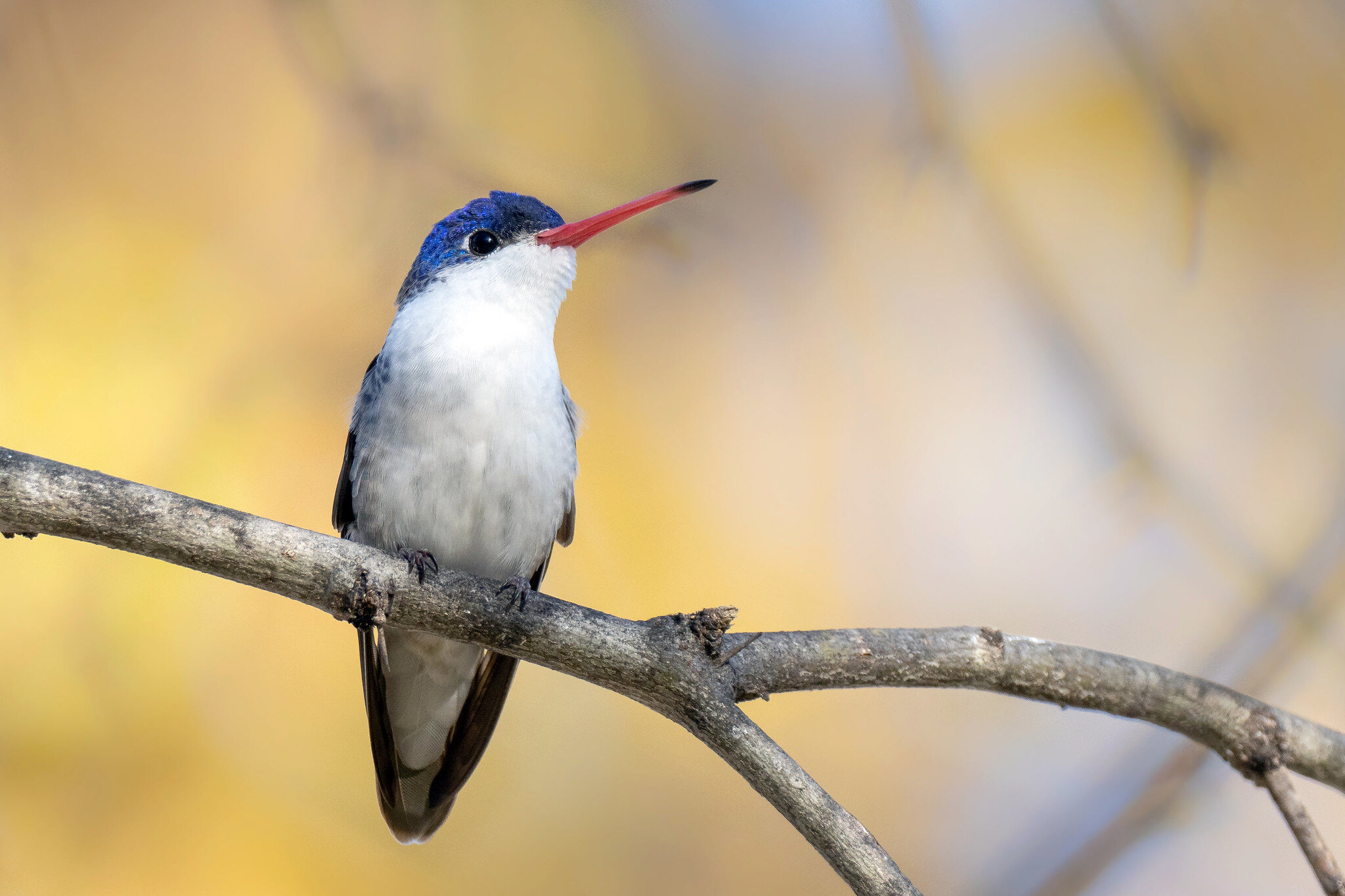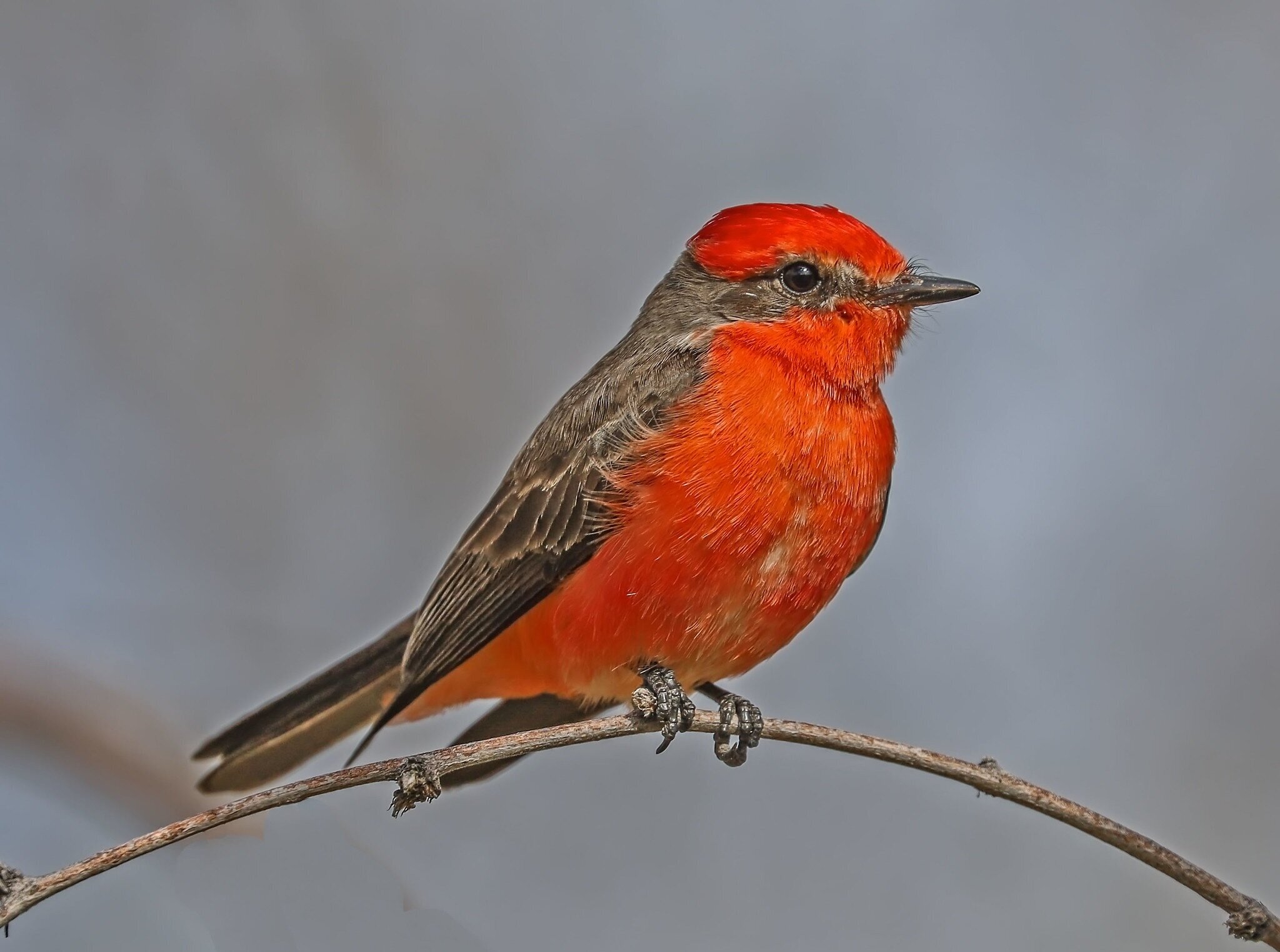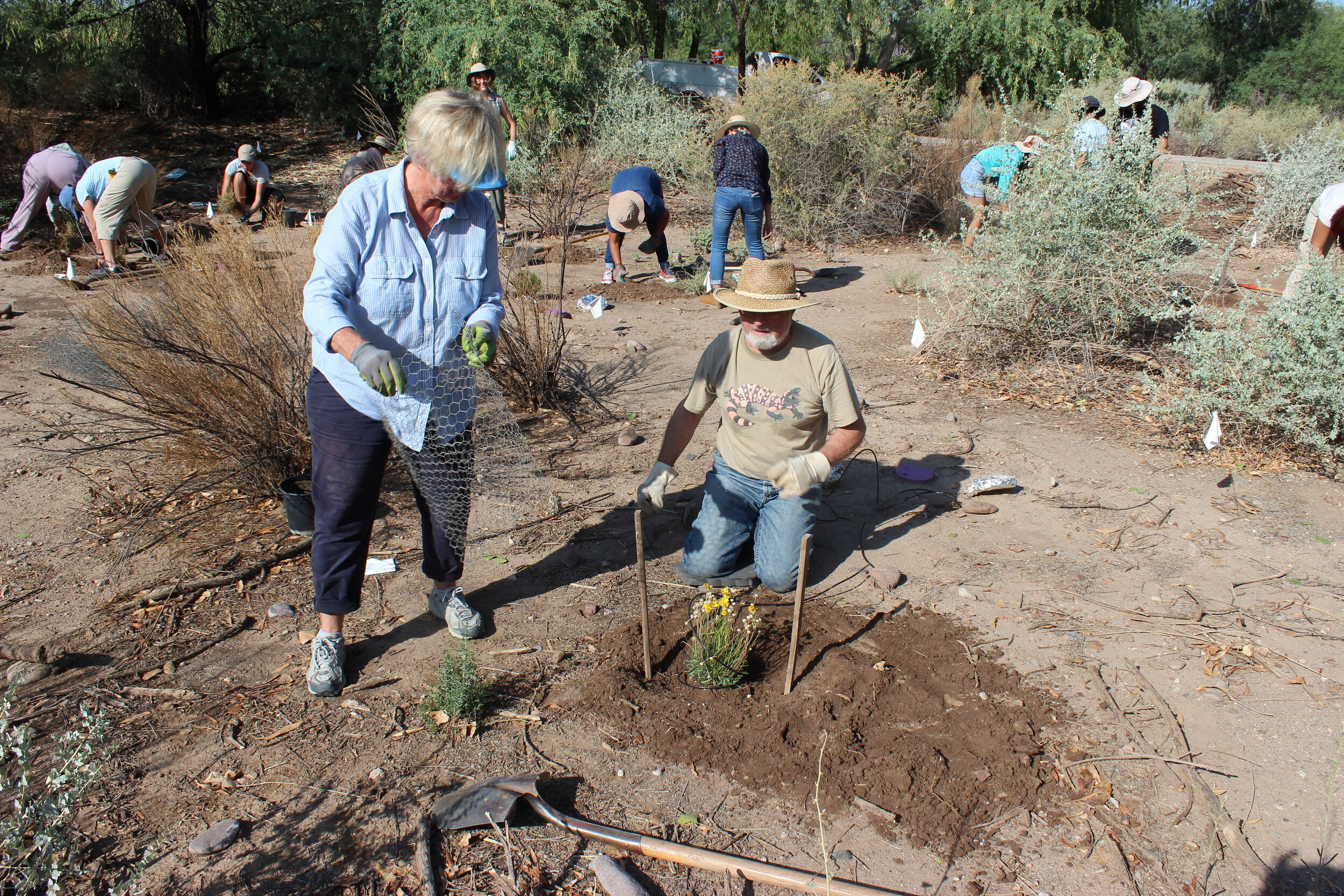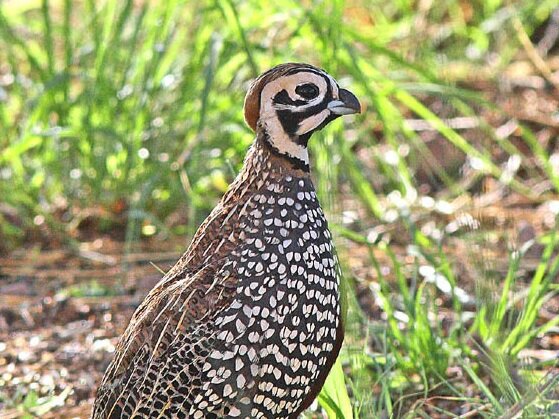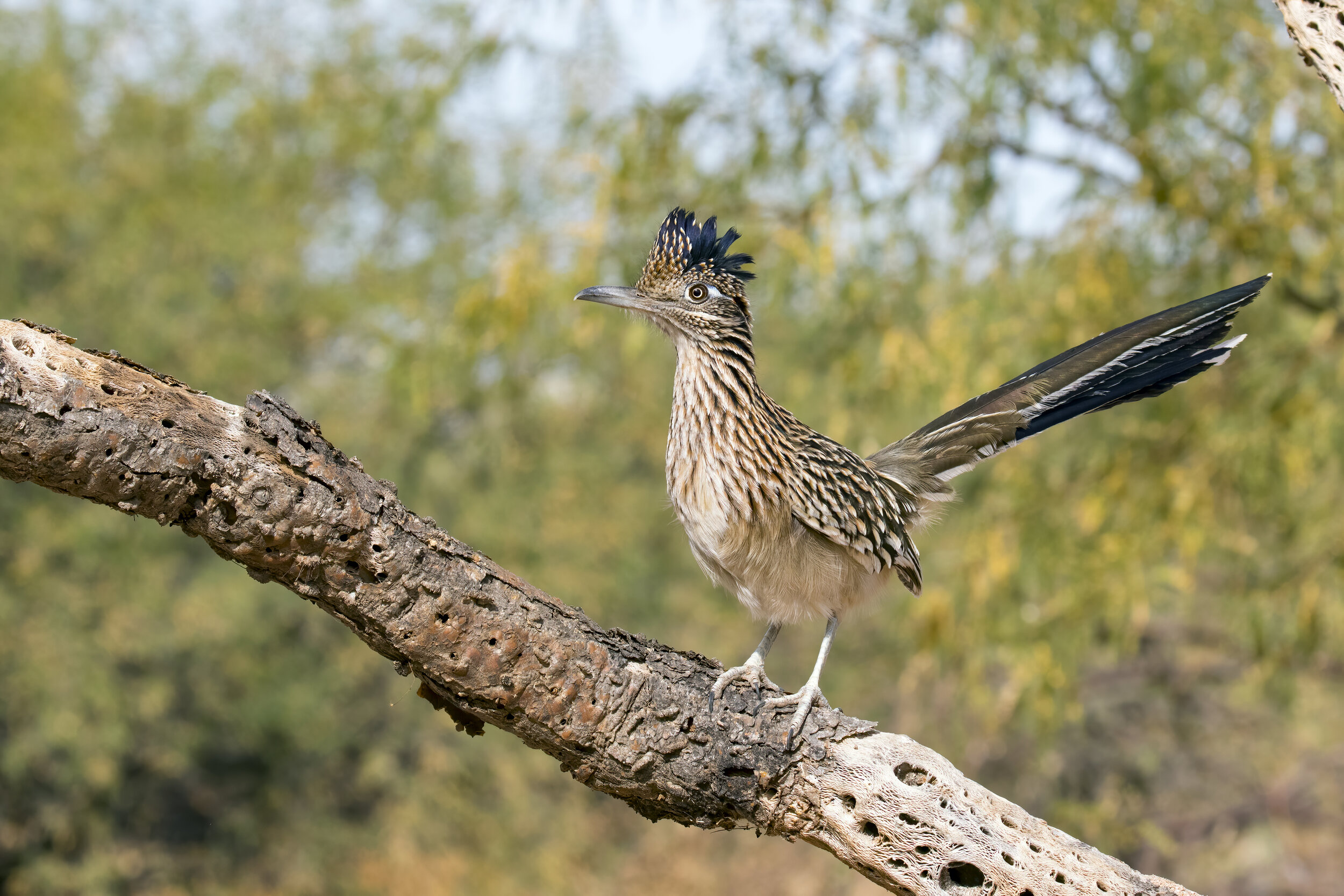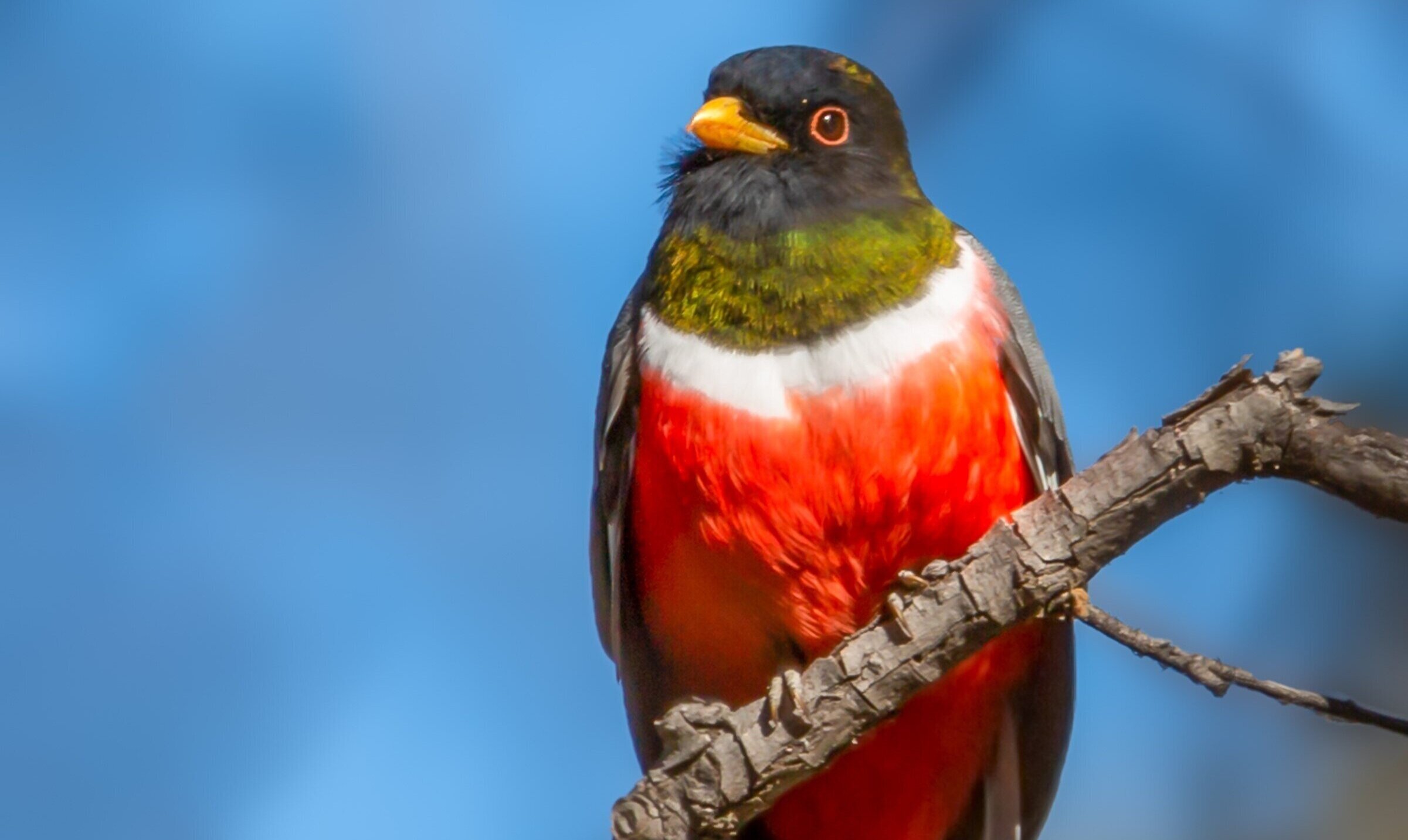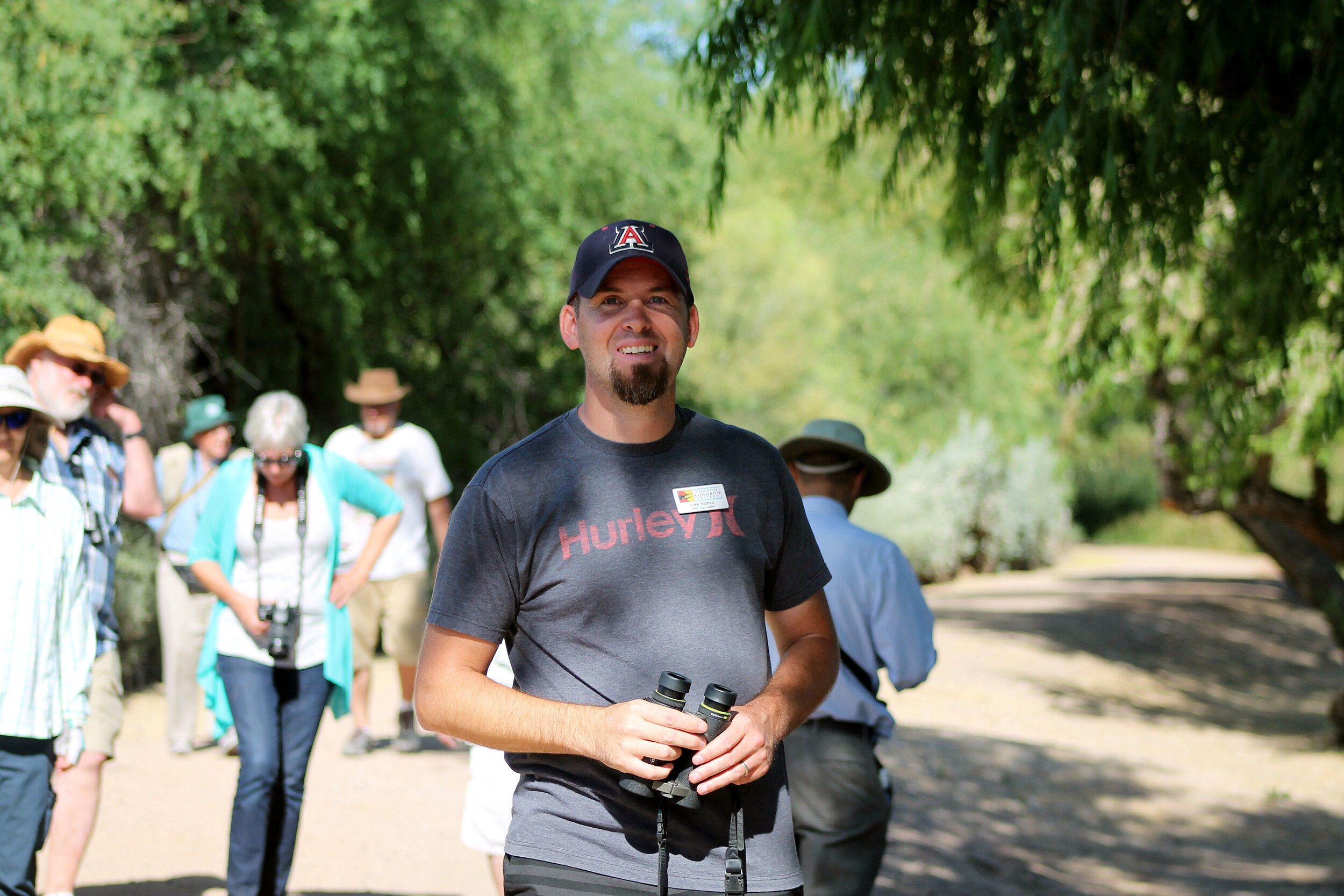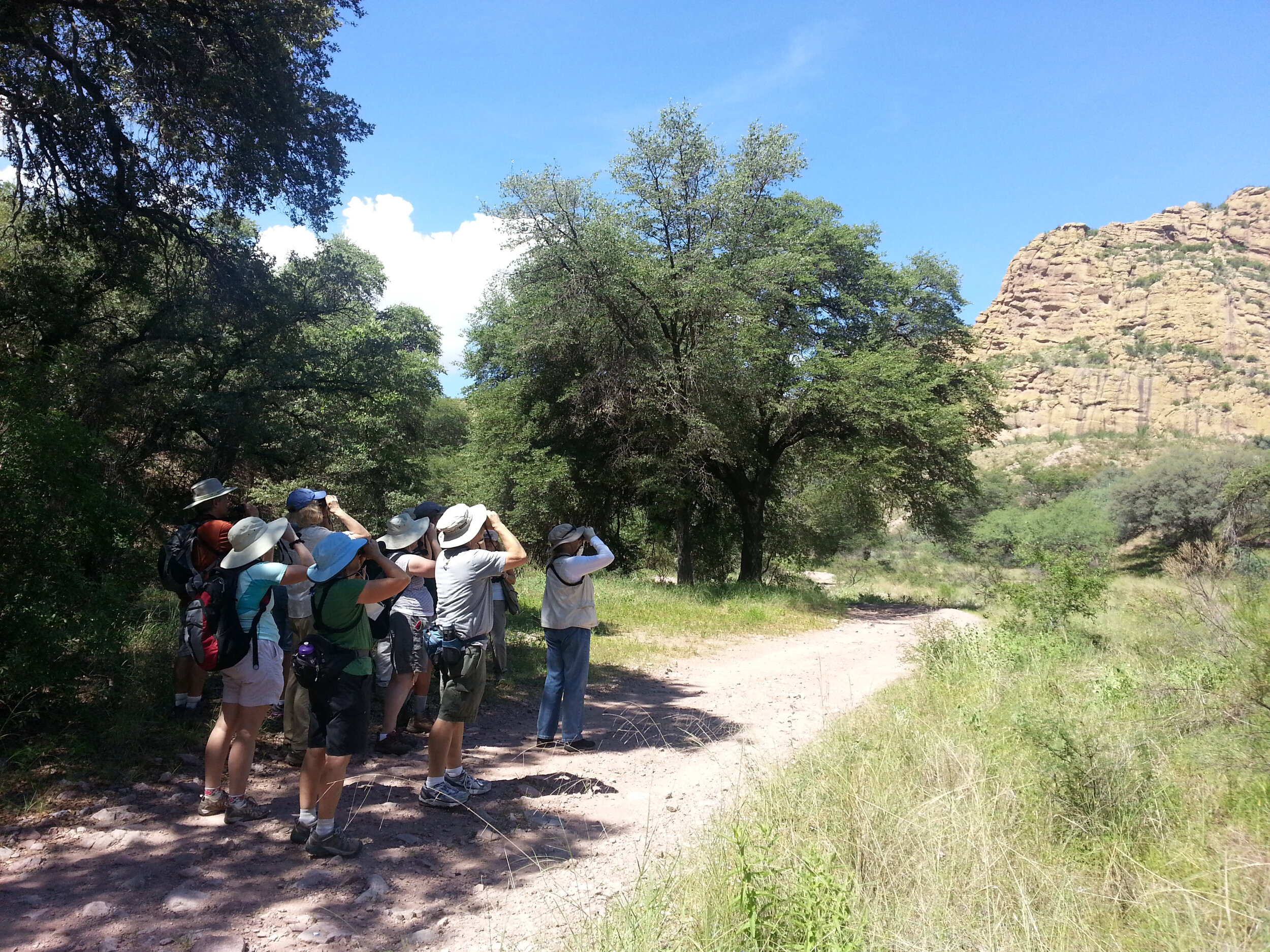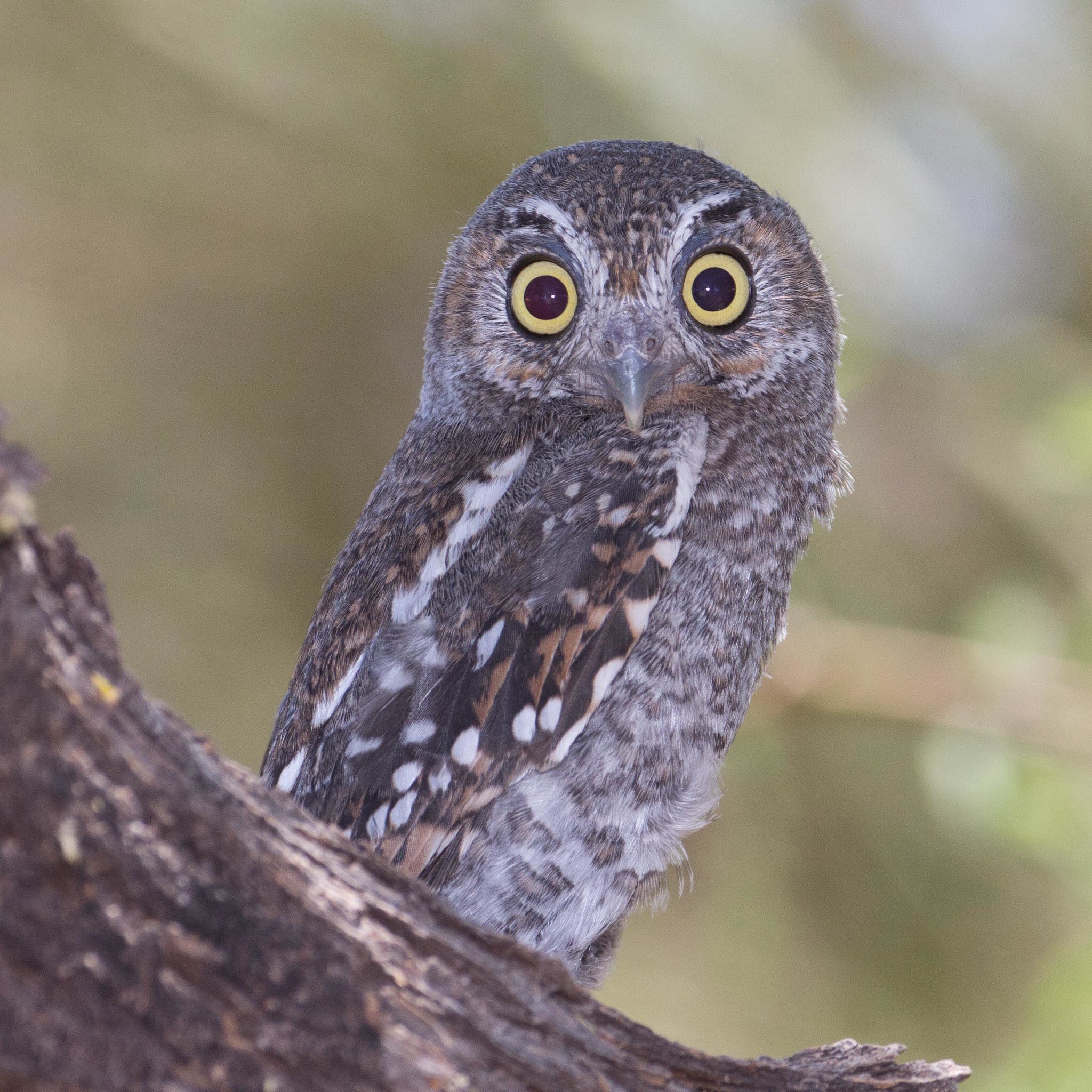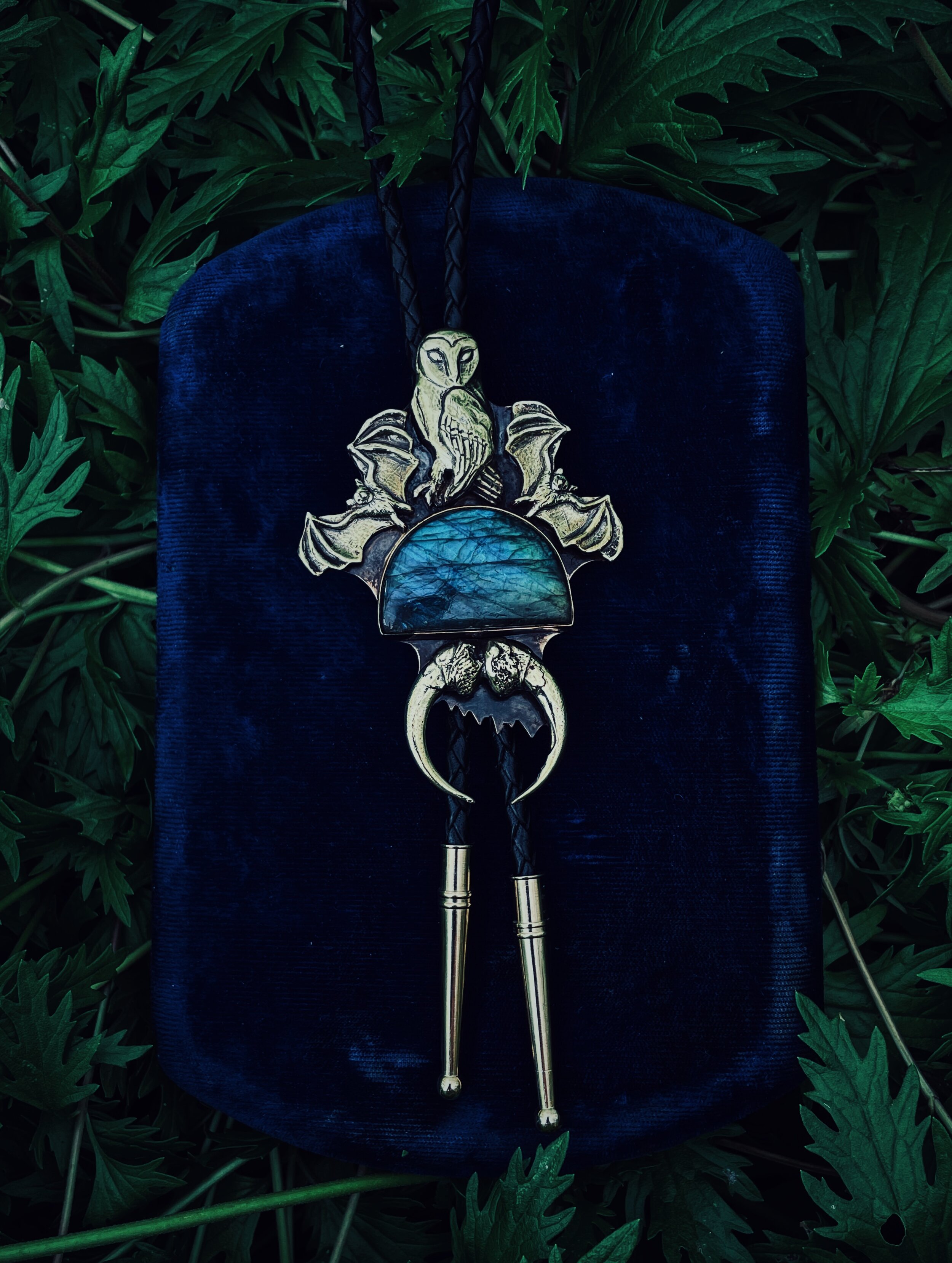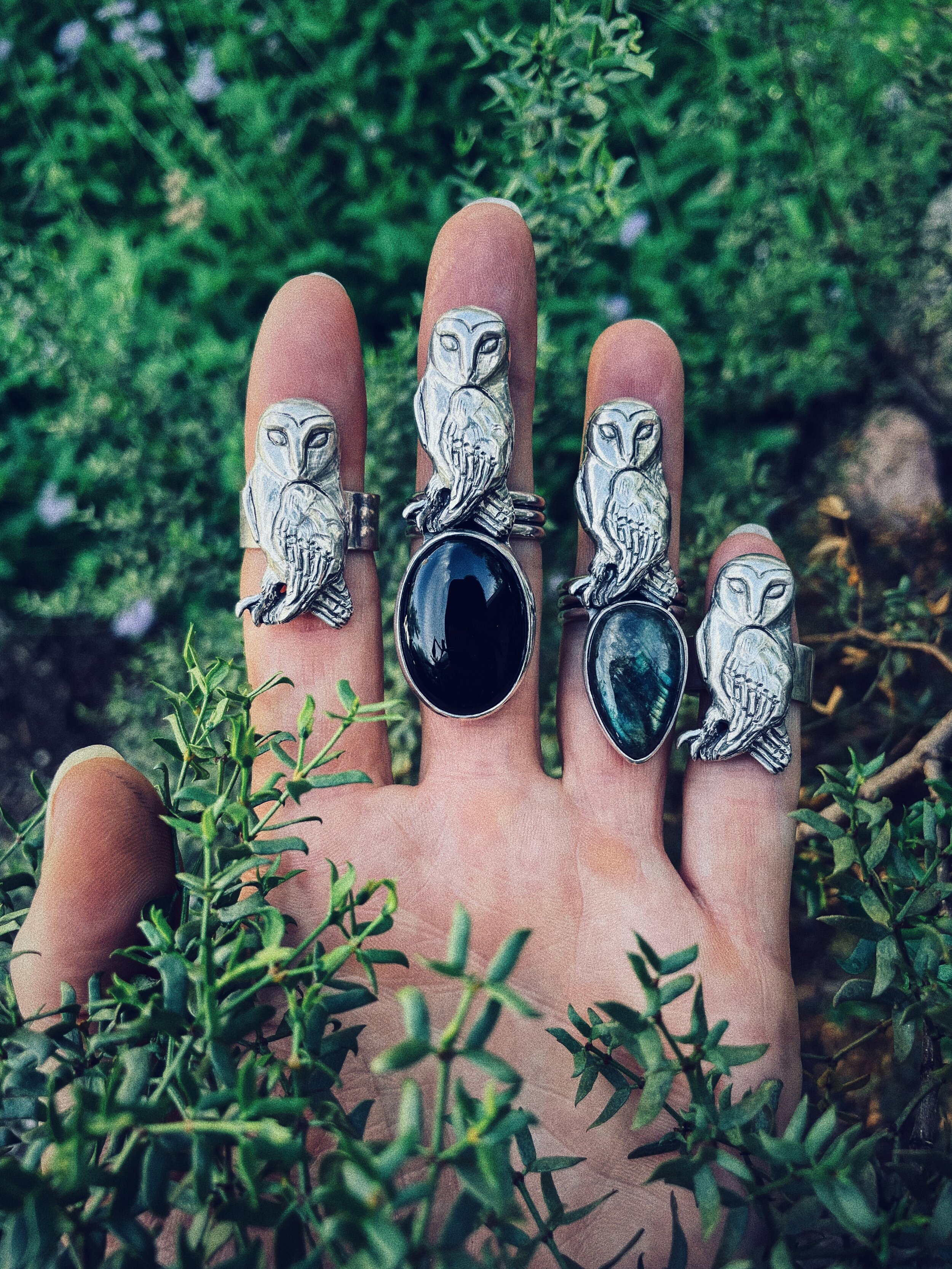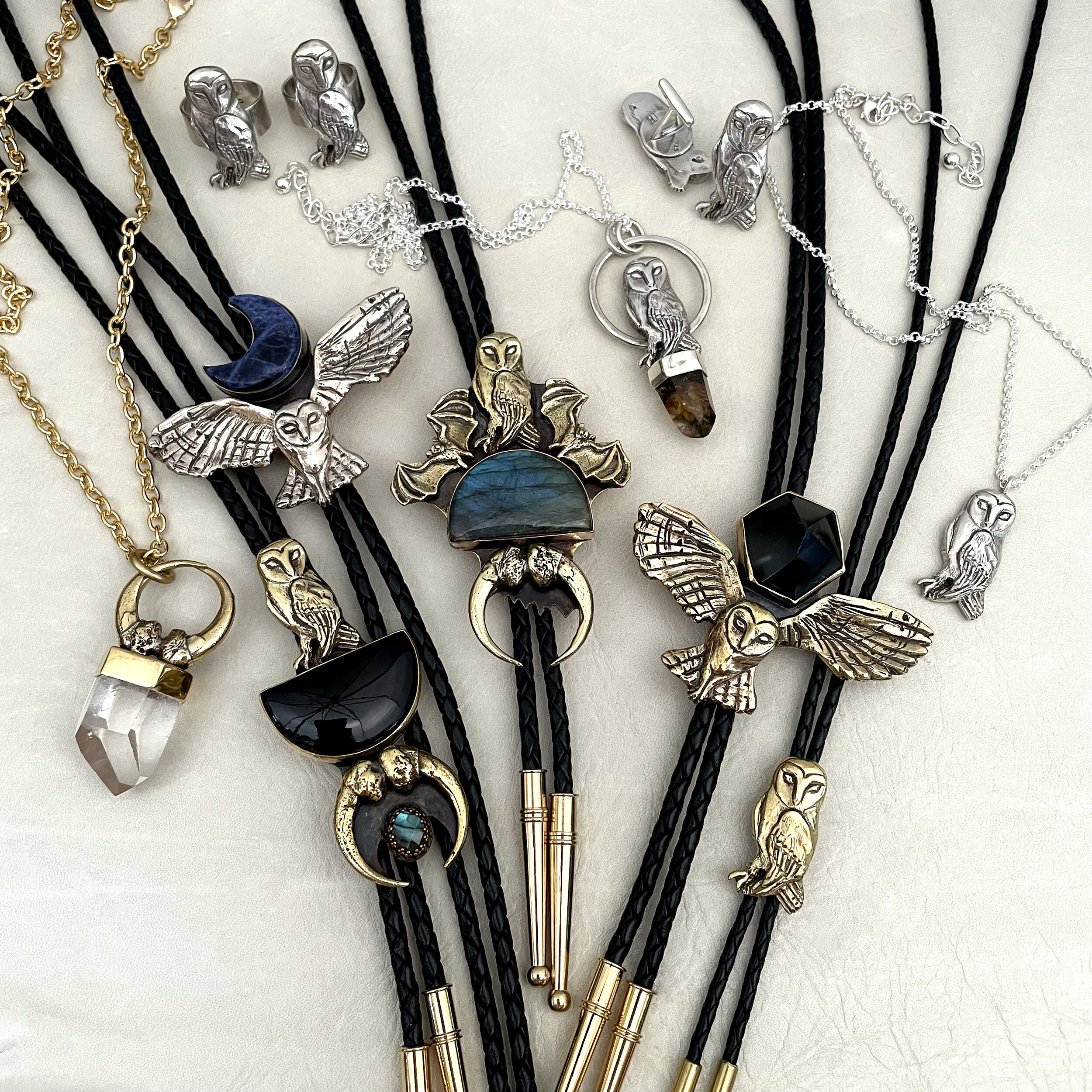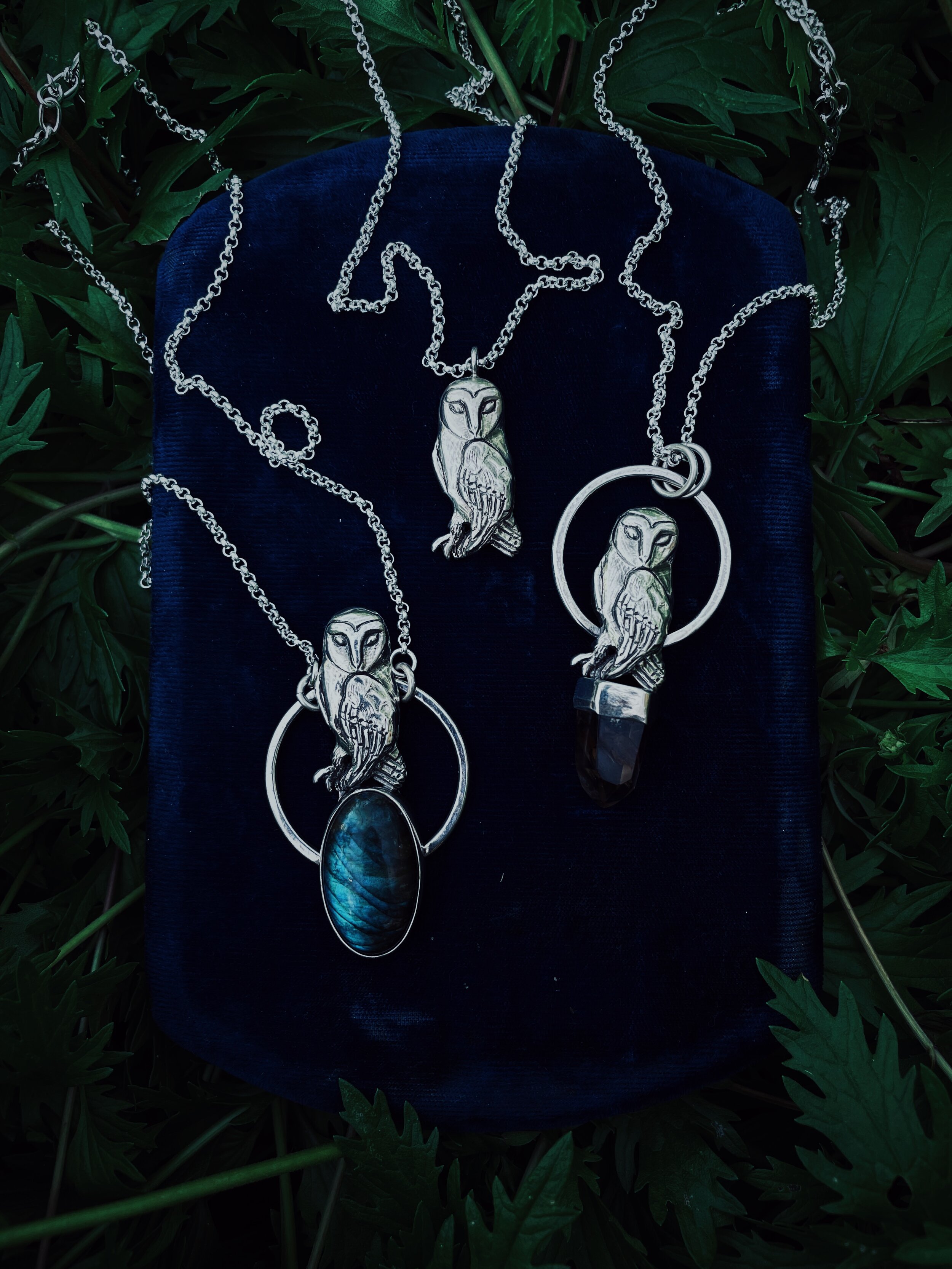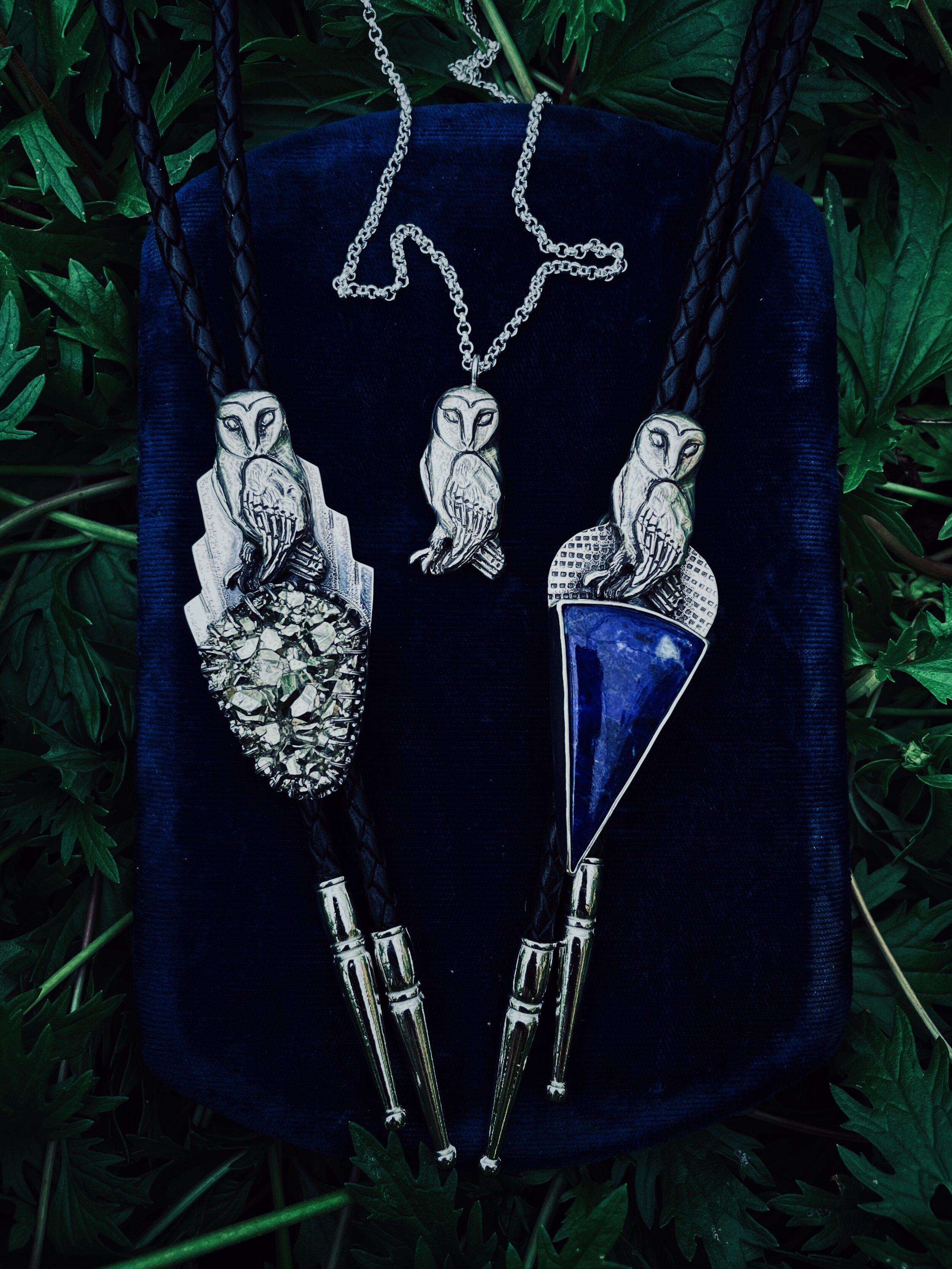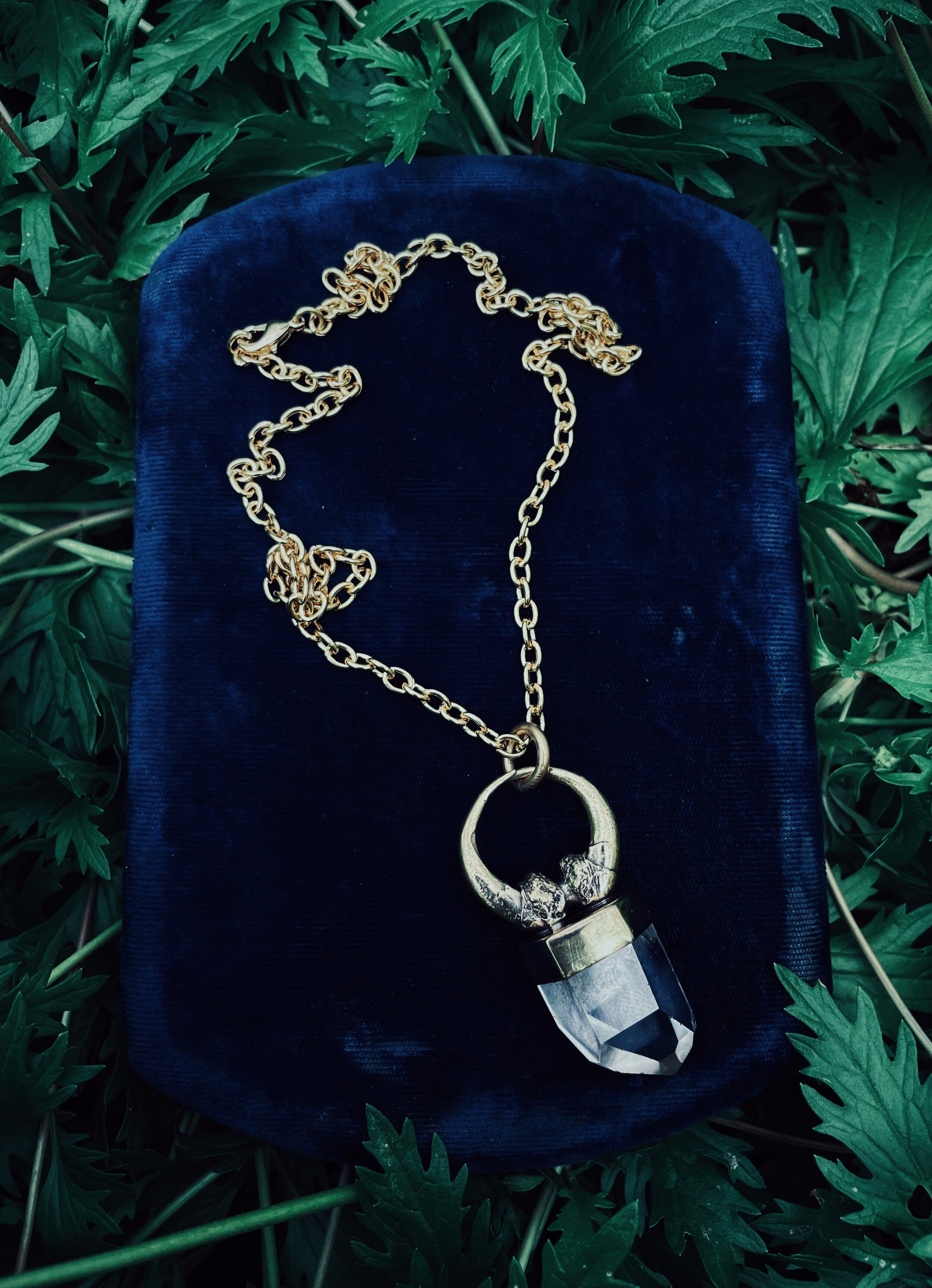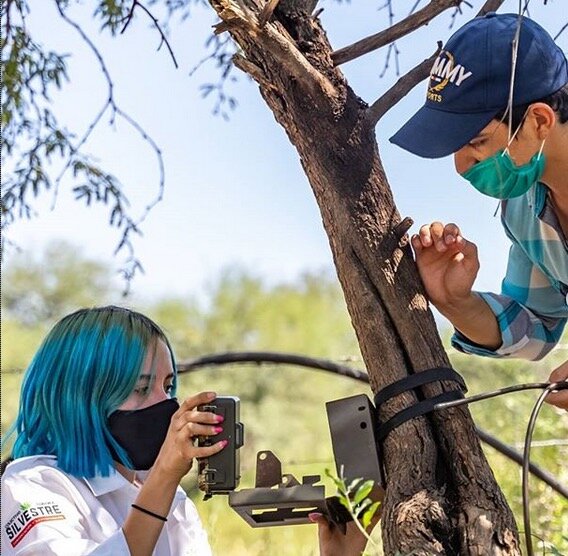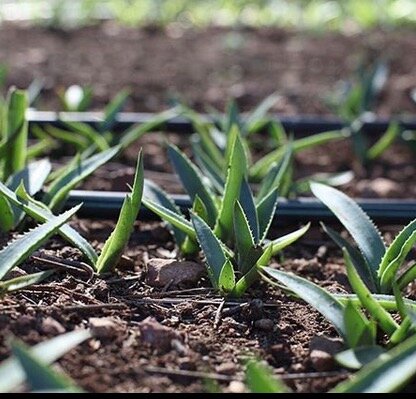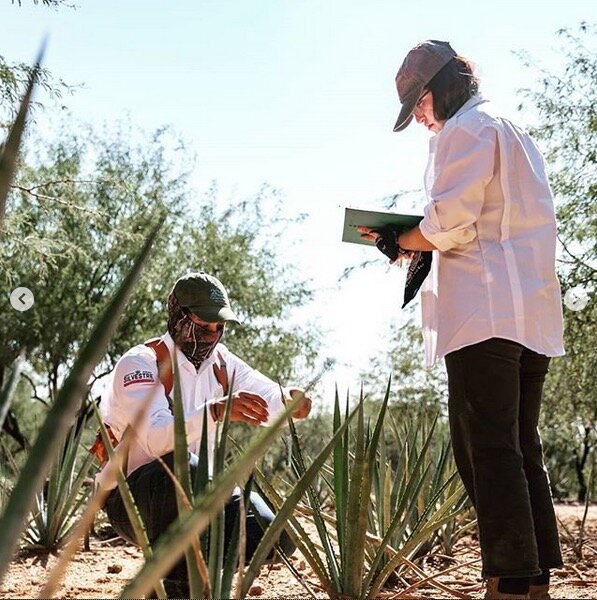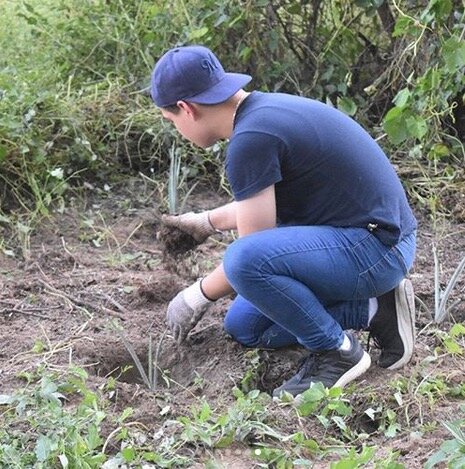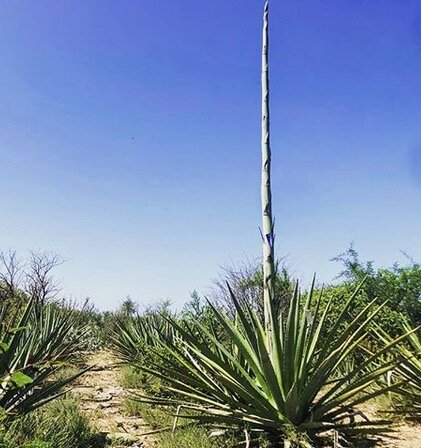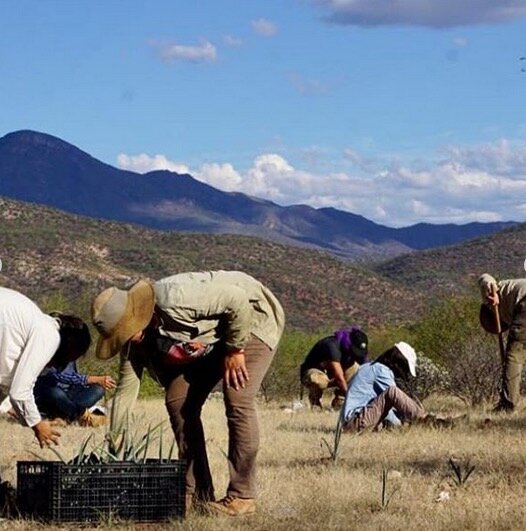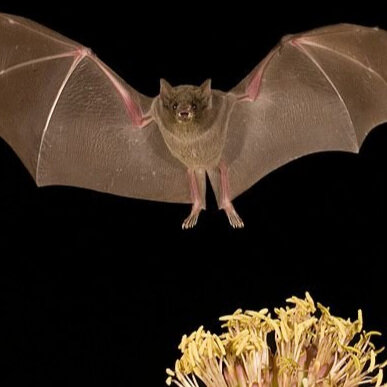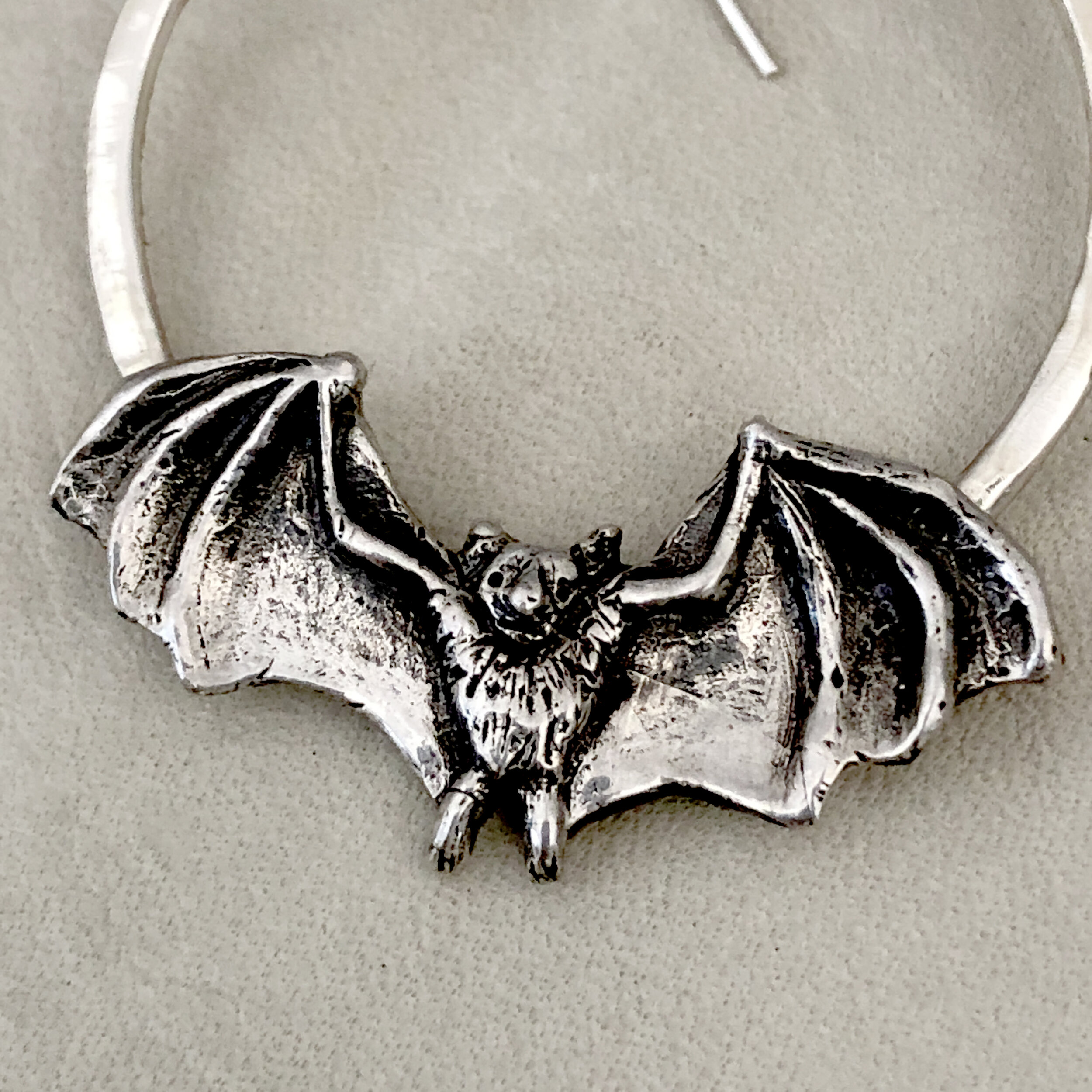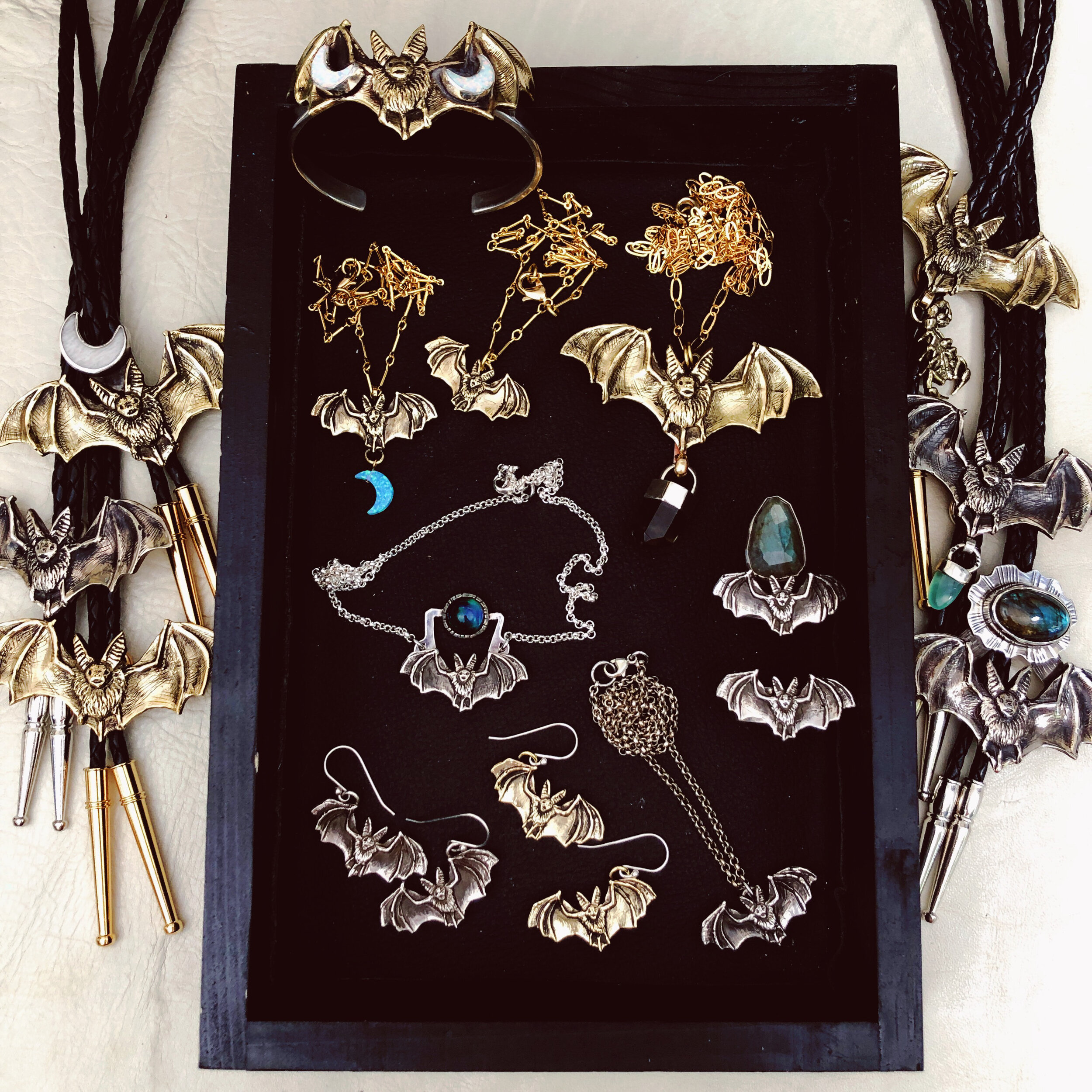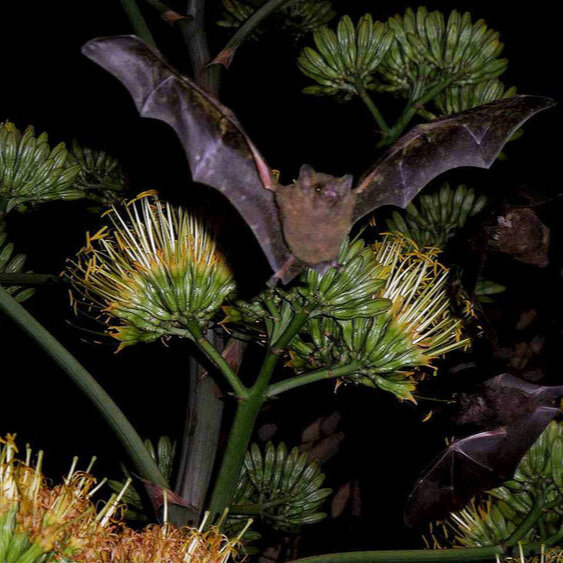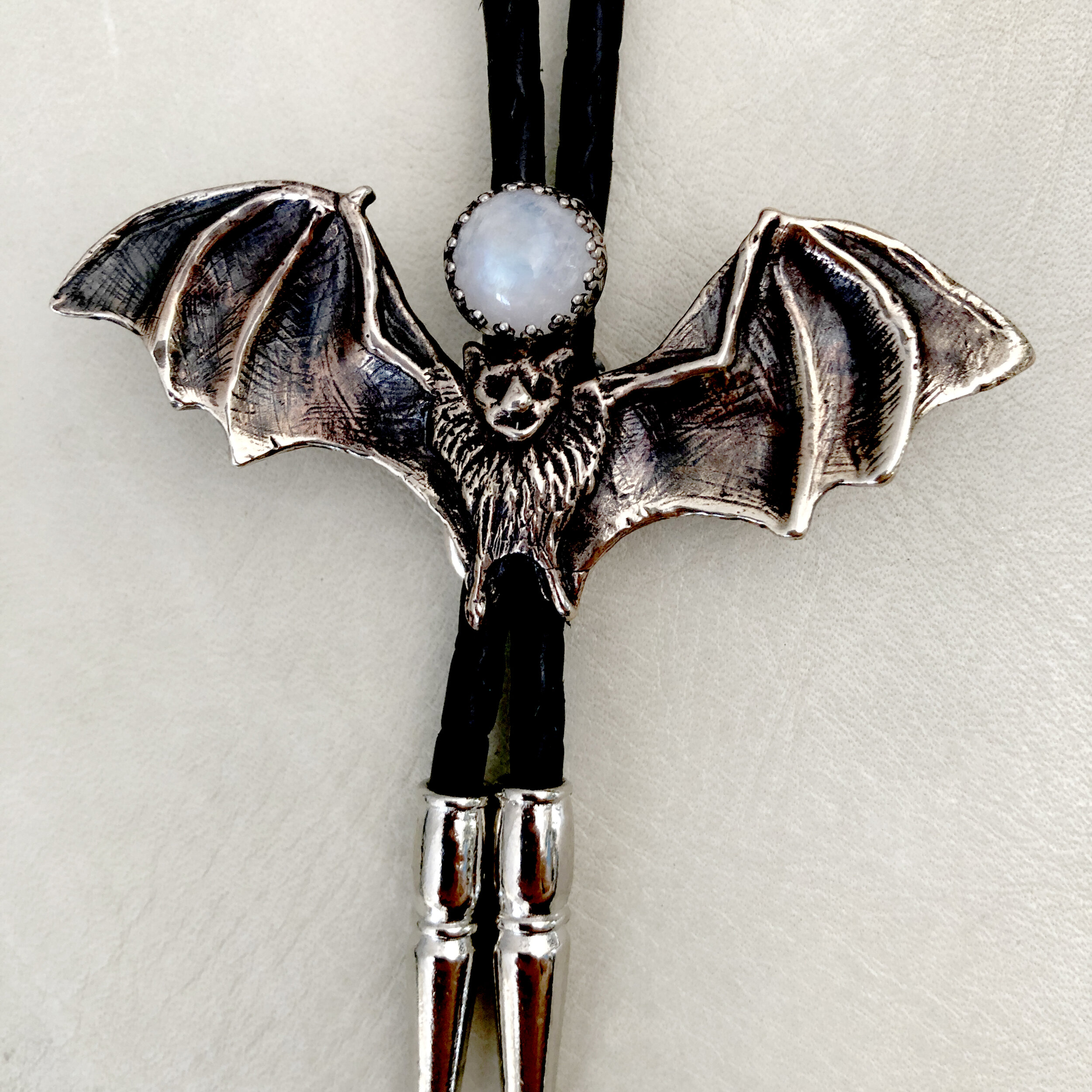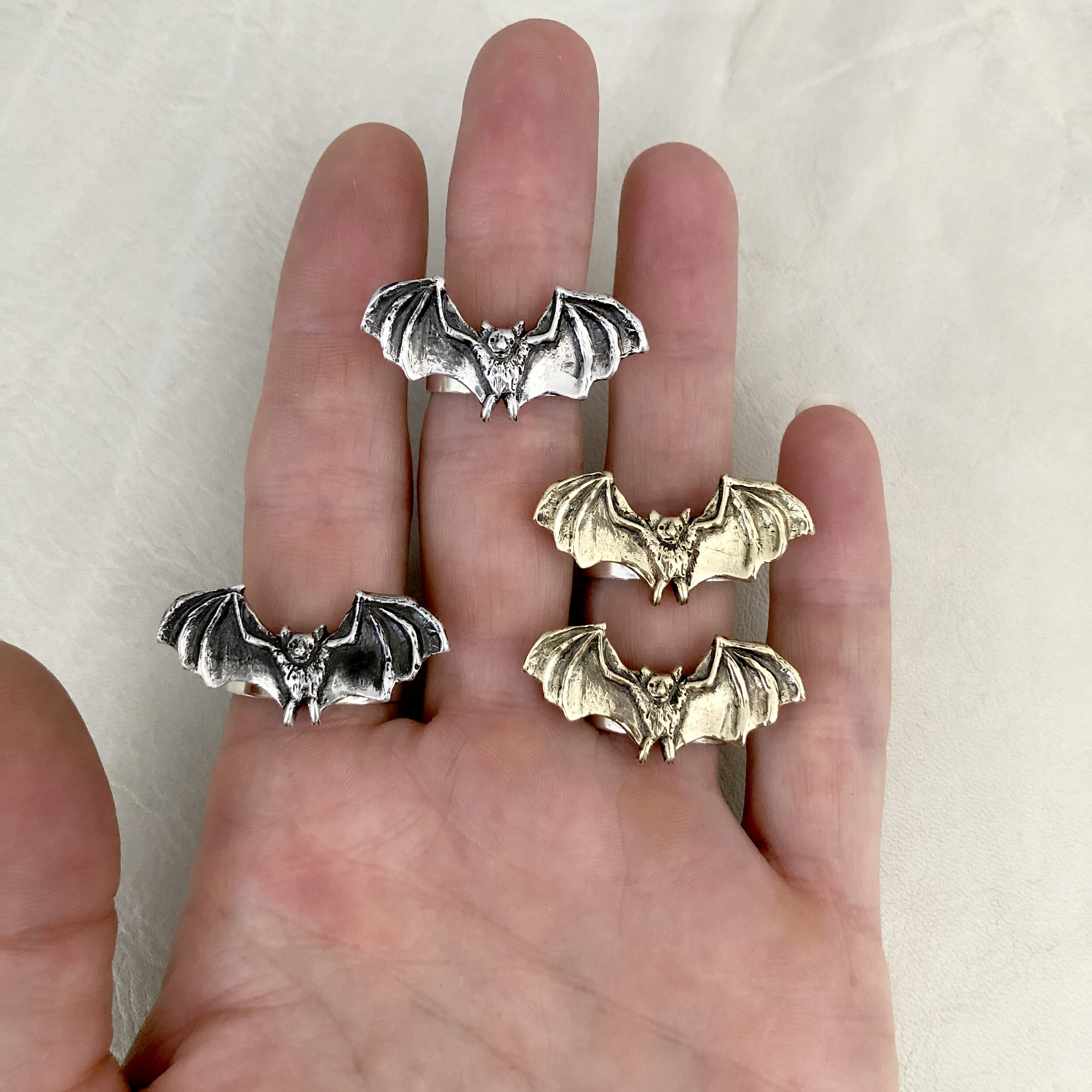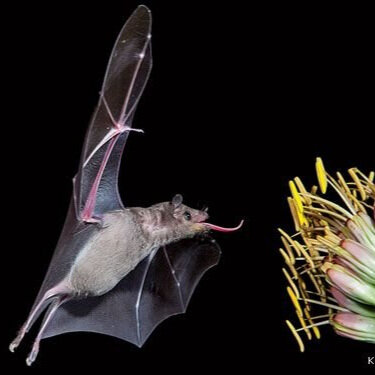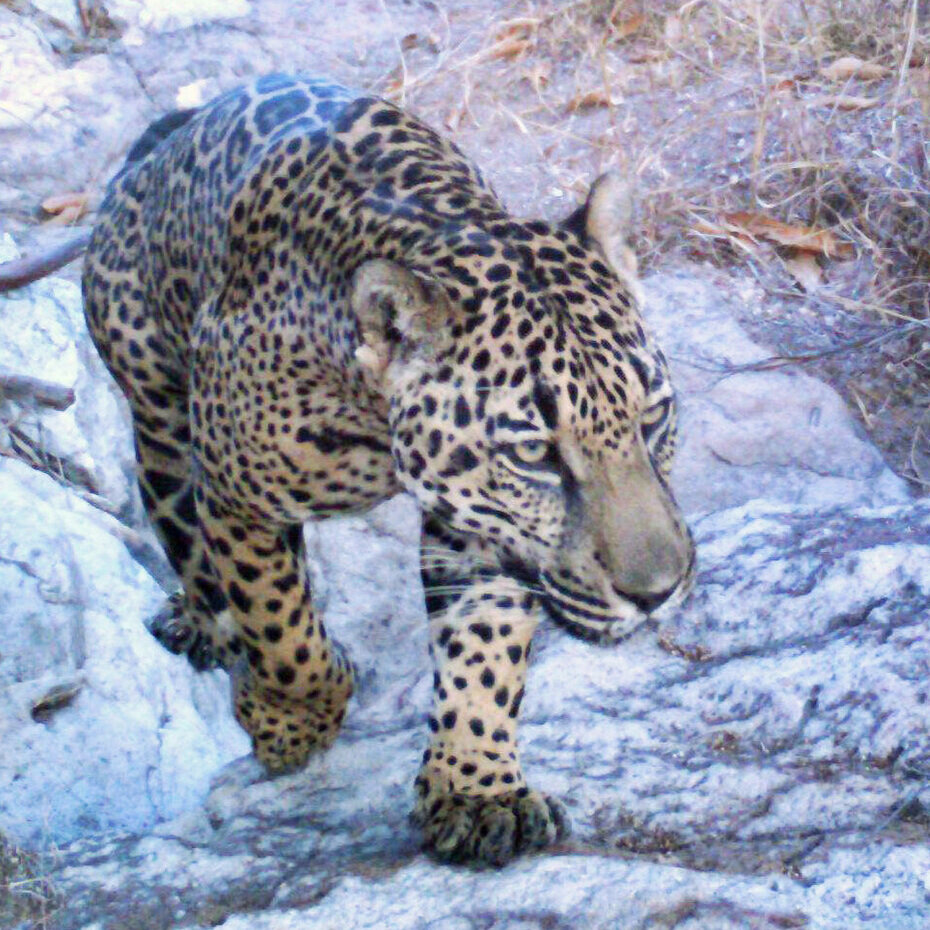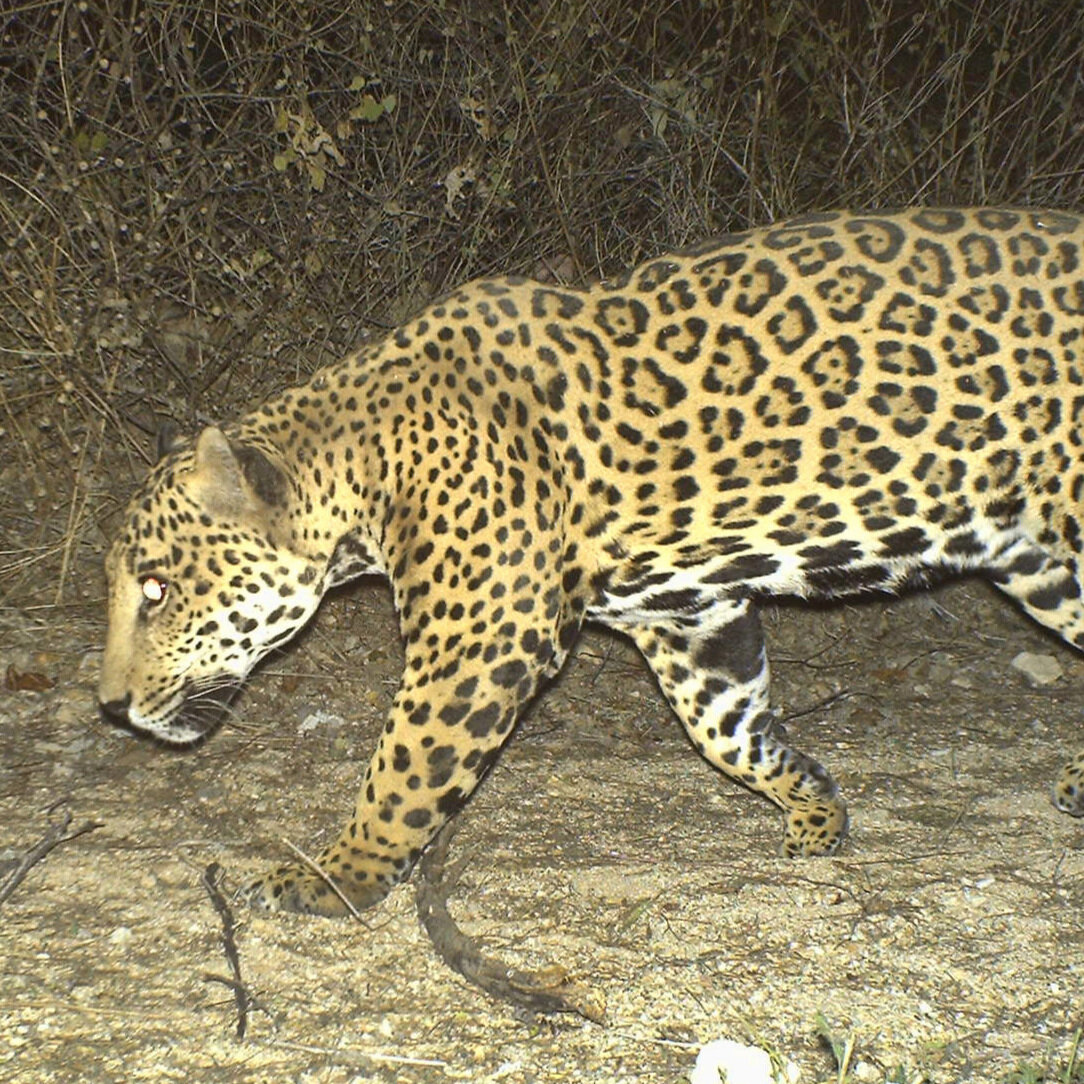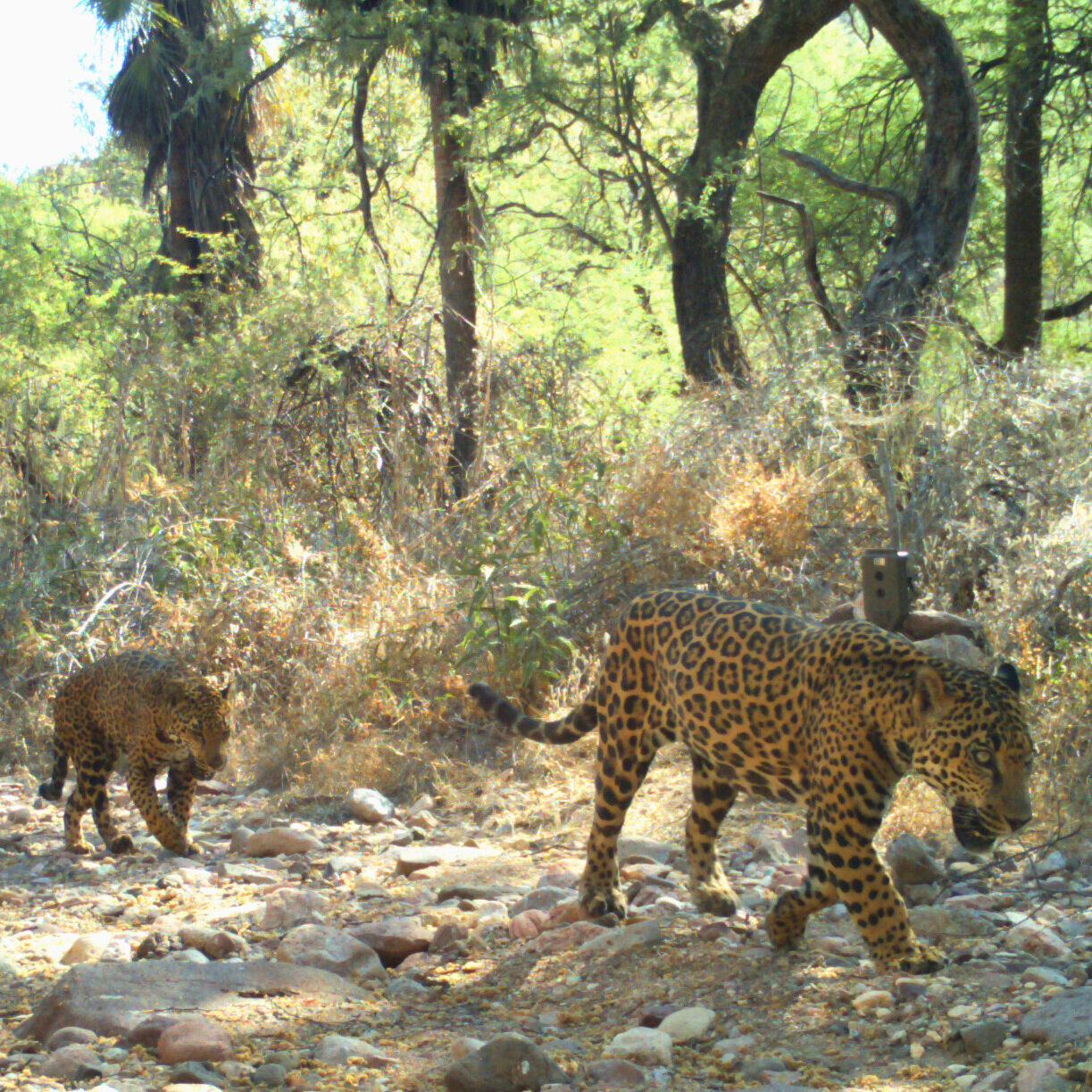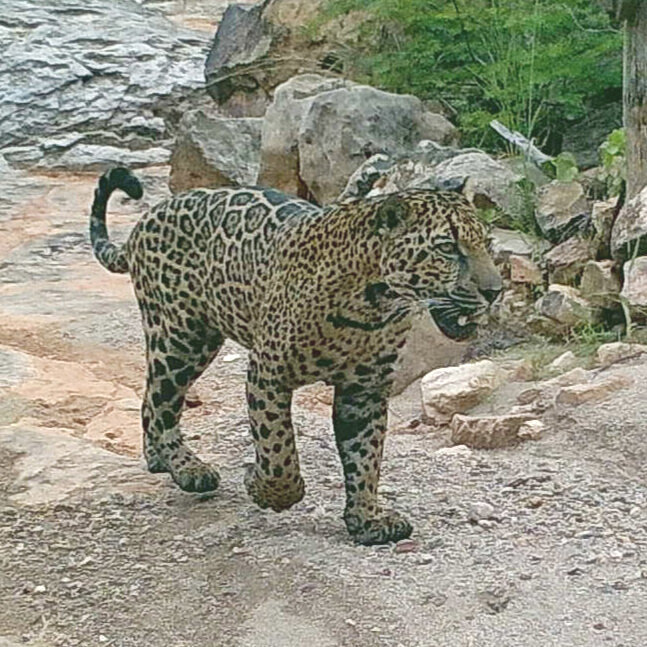Partnerships
Beginning in 2020, Heliotrope has partnered with social justice & environmental groups of the Sonoran Desert region, highlighting their important work for the human communities plus plant and animal species celebrated in our jewelry. The intention is to be of benefit to the complex relational ecosystem of species, cultures and organizations of this land we love, land currently bisected by an artificial, violent border and stewarded since time immemorial by the Tohono O’odham and Yoeme peoples. We’re inspired in this effort by those who wear Heliotrope pieces and describe them as holding value deeper than adornment––understanding them as conversation starters and symbols for relationship with place.
15% of the retail price of all pieces in these Heliotrope collections will be donated quarterly to groups working with the species depicted.
In Fall 2020, we began by releasing two new collections in partnership with Colectivo Sonora Silvestre and the Northern Jaguar Project. Spring 2021 saw the release of a ring benefiting the Tucson Second Chance Community Bail Fund.
In Fall 2021 we will begin working with the Tucson Audubon Society and the Tucson Herpetological Society. Future partnerships are already in discussion–if you have any questions, suggestions or feedback, please do contact us.
Tucson Herpetological Society
Fall / Winter 2021
The Tucson Herpetological Society is dedicated to the conservation, research, and education concerning the amphibians and reptiles of Arizona and Mexico. The THS has earned the reputation as being the foremost research and conservation-based herpetological society in the nation.
Species: Regal Horned Lizard, Phrynosoma solare & Sonoran Desert Tortoise, Gopherus morafkai
Phrynosoma solare, the Regal Horned lizard, is endemic to the Sonoran Desert, ranging from south-central Arizona, east to extreme southwestern New Mexico, south through most of Sonora and into northern Sinaloa, Mexico.
The Horned lizard design was not carved from wax, but instead cast in metal from a naturally desiccated skull collected in the Sonoran Desert near Tucson.
Tucson Audubon Society
Fall / Winter 2021
Tucson Audubon’s Mission is to inspire people to enjoy and protect birds through recreation, education, conservation, and restoration of the environment upon which we all depend.
Founded in 1949, Tucson Audubon is southeast Arizona’s leading non-profit engaging people in the conservation of birds and their habitats. They involve people through recreational birding, extend their horizons through education activities, and engage them in conservation actions from planting trees and counting birds, to working with local, state, and national policy makers. They work for a future in which all people of Southeast Arizona are connected to their natural world through birds, and they protect and use our natural resources in a responsible and sustainable manner.
Tucson Audubon programs encompass wide-ranging, mission-driven activities implemented by staff and numerous dedicated volunteers at locations across Southeast Arizona.
Species: Barn Owl, Tyto alba
The Barn Owl is an iconic nocturnal predator––”specialized hunters at the top of the food chain” ––living throughout most of the United States and Mexico with deep and varied cultural significances for cultures throughout the region. According to the Arizona-Sonora Desert Museum:
It is often found in conjunction with human habitation, roosting and nesting in barns, under bridges, in mine shafts, and in palm trees. It often nests in the undercuts of arroyos.
Owl Facts: Barn owl food chain. The Barn Owl Trust, UK. (2015, February 20).
Owls. Arizona-Sonora Desert Museum, Tucson. (v2.2021.01.13)
Photo: Rhett Herring
Colectivo Sonora Silvestre
Hermosillo, Sonora
Fall / Winter 2020
Colectivo Sonora Silvestre (CSS) is an independent group focused on ecosystem conservation in Sonora, Mexico, founded by recent graduates from the University of Sonora and the Technological University of Cananea.
From planting native agave species to working with rural producers of bacanora, a regional mescal distillate, CSS is working to increase food availability for the endangered Lesser long-nosed bat, Leptonycteris yerbabuenae.
CCS facilitates environmental education at all levels, and advocates for citizen science. They seek to strengthen international and multi-institutional relations, designing and implementing projects and programs that favor both nature conservation and the sustainability of the region's natural resources.
Heliotrope’s relationship with CSS enjoys the support of their US partner and fiscal sponsor, Borderlands Restoration Network of Patagonia, AZ. Together, the organizations were awarded a $100,000 prize from the Salazar Center for Northern American Conservation in fall 2020 “for [their] innovative project to conserve agaves, increase agricultural sustainability, and protect bats in the US-Mexico borderlands”
Species: Lesser long-nosed bat, Leptonycteris yerbabuenae & Pallid bat, Antrozous pallidus
Leptonycteris yerbabuenae, the lesser long-nosed bat, whose range extends from Central America north across Mexico and into Southern Arizona. Their yearly migrations are estimated to take them over 1,500 miles round trip.
Tucson sits within the farthest northern reaches of their range, where the female bats visit briefly in the summer months, giving birth in the warm caves of the Sonoran Desert before returning south, flitting among agaves’ flower stalks and night-blooming cactus.
The bat relies on a complex web of blooms and geographies, and in our time has come to symbolize a unique set of collaborations: interspecies, international and cross-cultural.
Northern Jaguar Project (Tucson, AZ / Sonora)
Fall / Winter 2020
Species: Jaguar, Panthera onca
The Northern Jaguar Project safeguards jaguars from illegal poaching, retaliatory killings, habitat loss, and other persistent threats.
NJP established the 58,000-acre Northern Jaguar Reserve, a remote, rugged, and exceedingly wild landscape in Sonora, Mexico, where a small population of these endangered cats survives.
Some of these jaguars are just passing through. Others take up residence and call the reserve home. For a mother jaguar, this is a birthplace where she can raise her cub free from harm.
The reserve is a place of discovery. There are oak- and palm-dotted streams, jagged cliffs, deep canyons, rough mountains, and it is situated along northern Mexico’s longest undammed river.
The Viviendo con Felinos project builds relationships with neighboring ranchers to ease tensions, motivate a shift away from killing carnivores, and reward the presence of living wildlife. Participating ranchers sign agreements not to hunt, poison, or disturb wildlife. We place cameras on their properties, and they receive monetary awards for each feline photograph – bobcat, mountain lion, ocelot, and jaguar. Cats kept alive lead to repeat photos and increased benefits. We focus restoration efforts on water conservation projects. These assist ranchers in response to prolonged drought and rehabilitate essential habitat.



